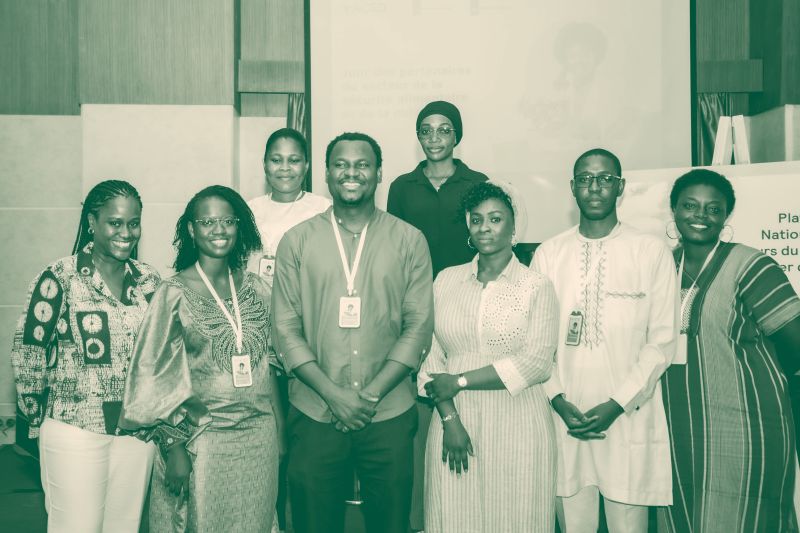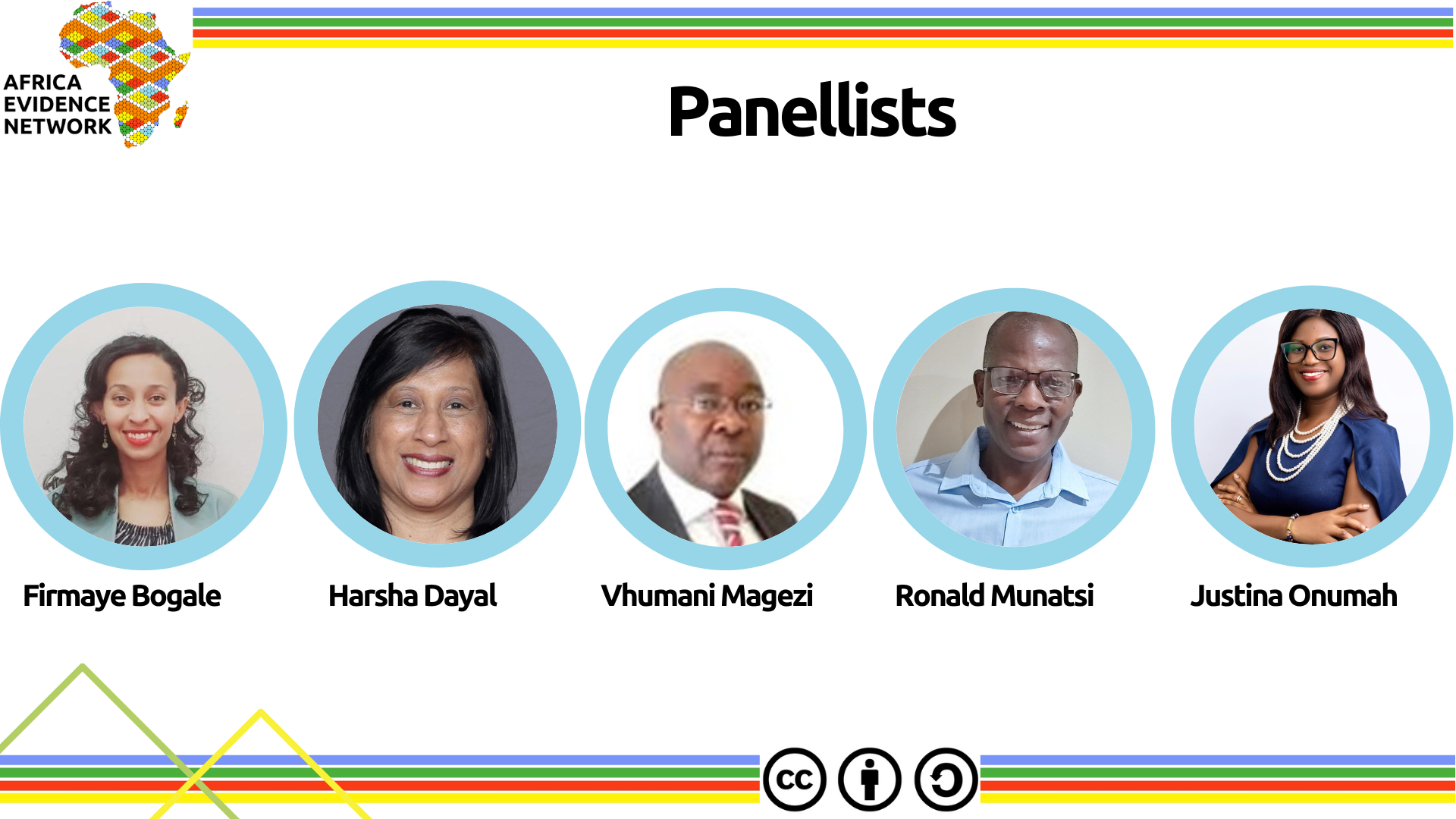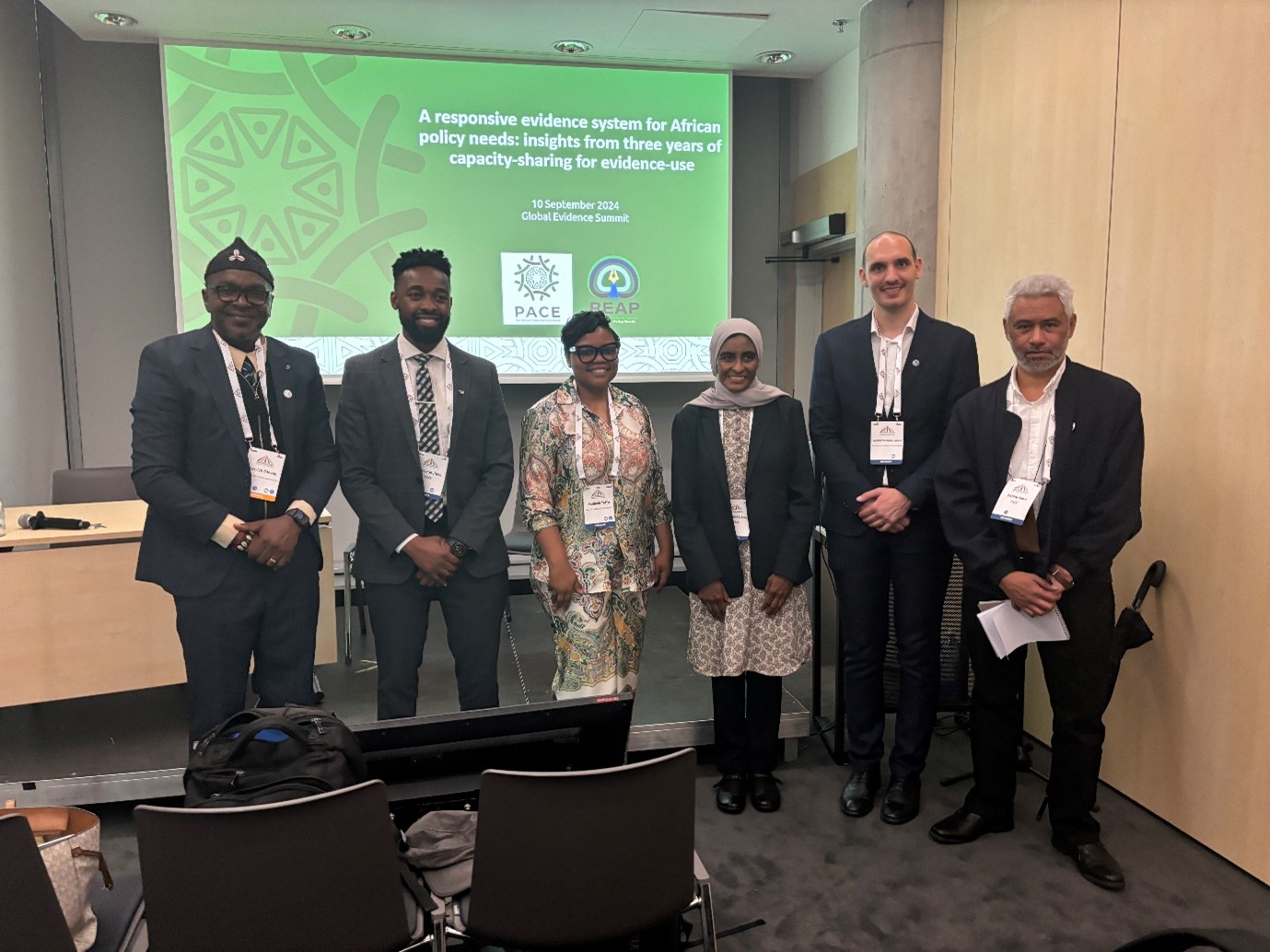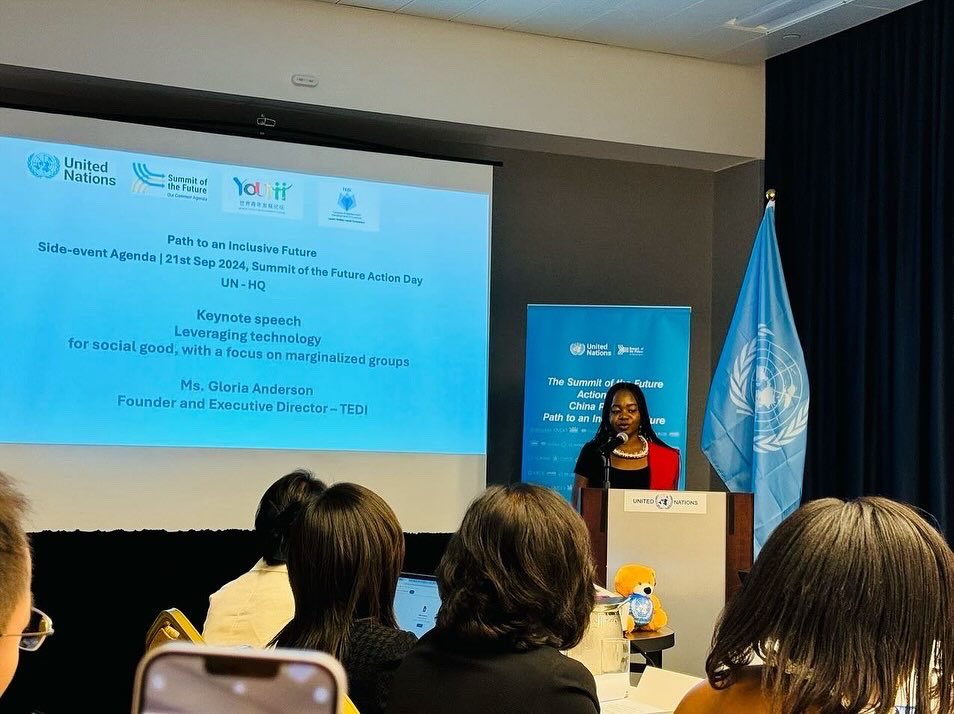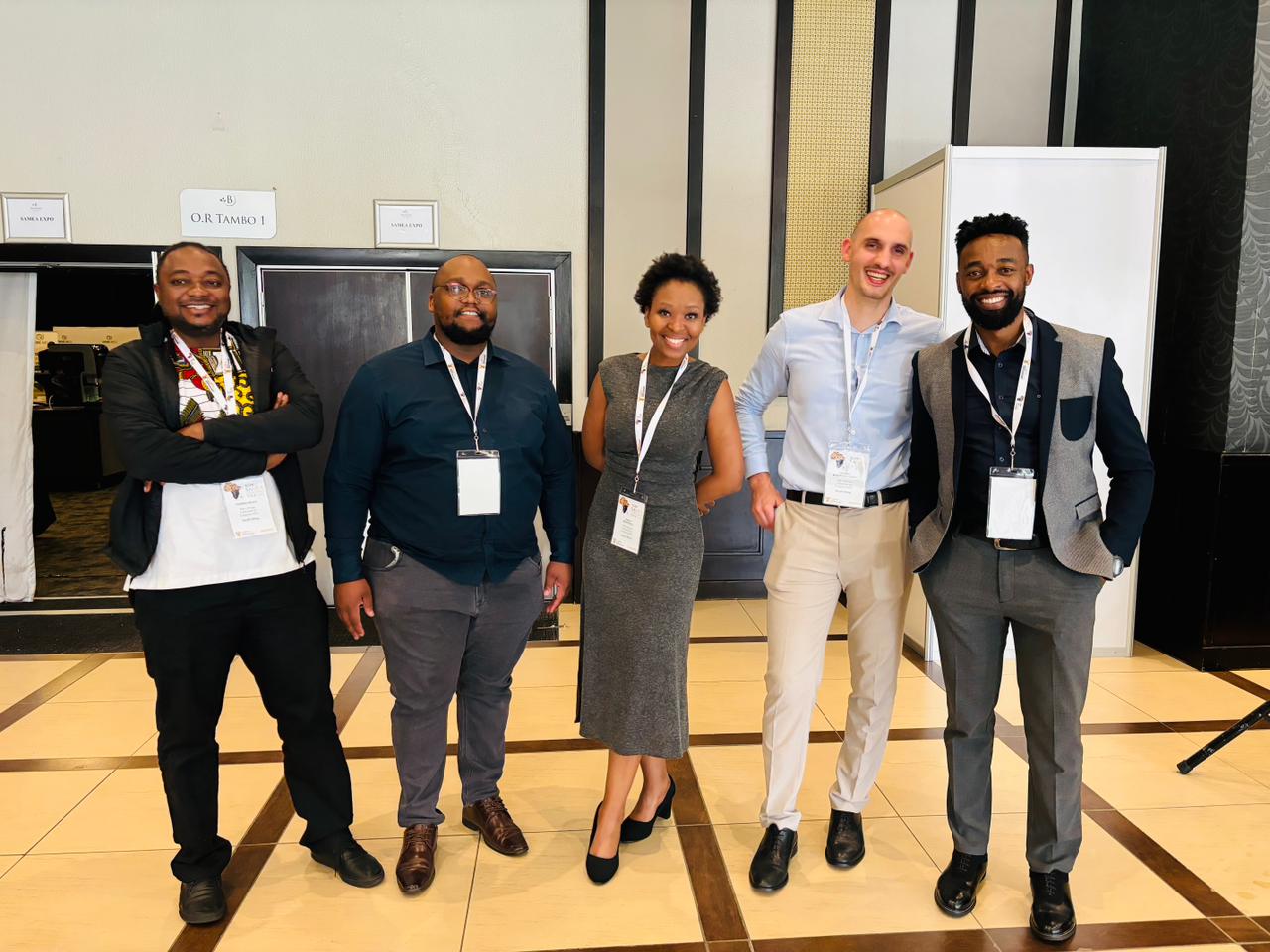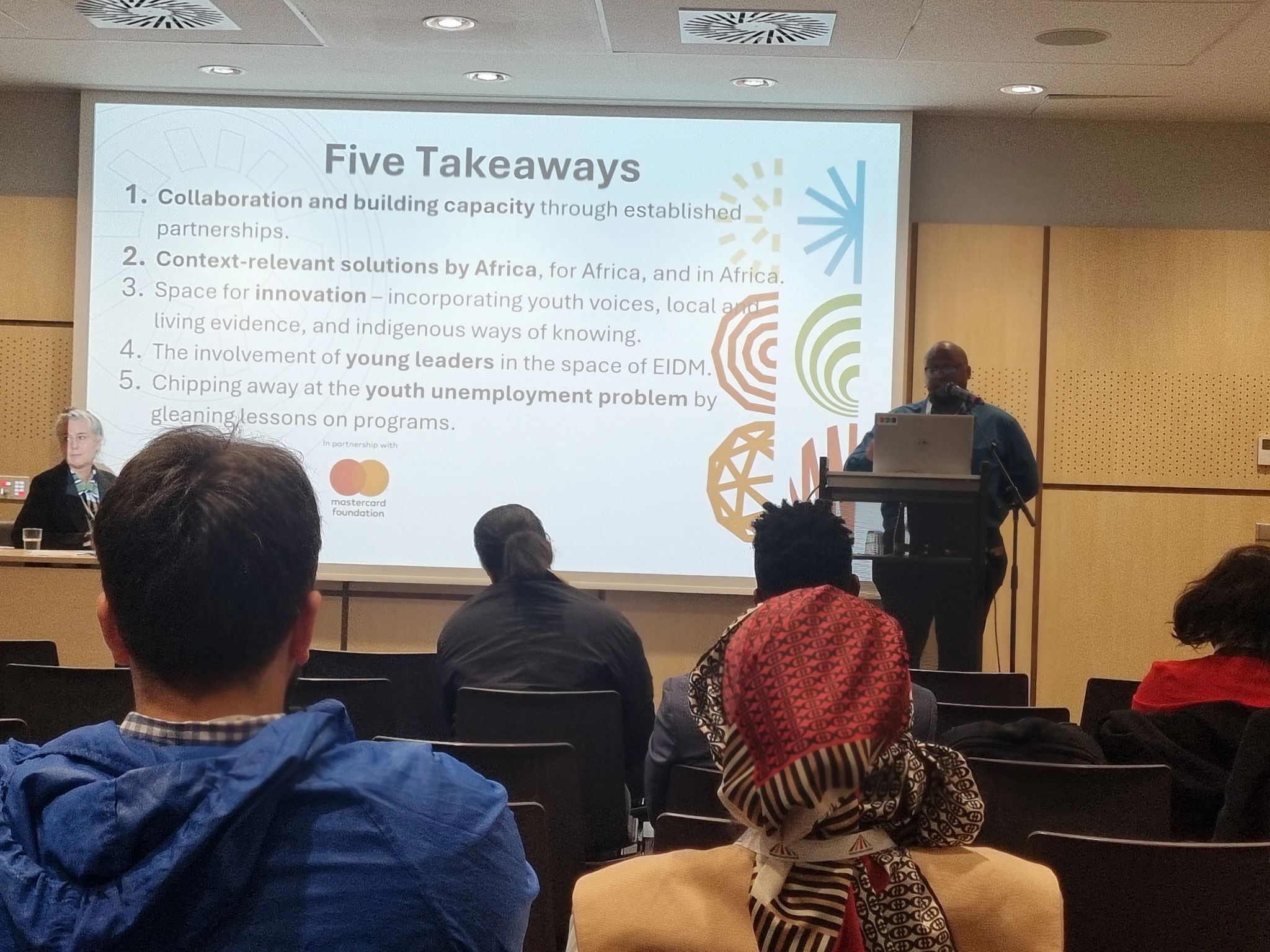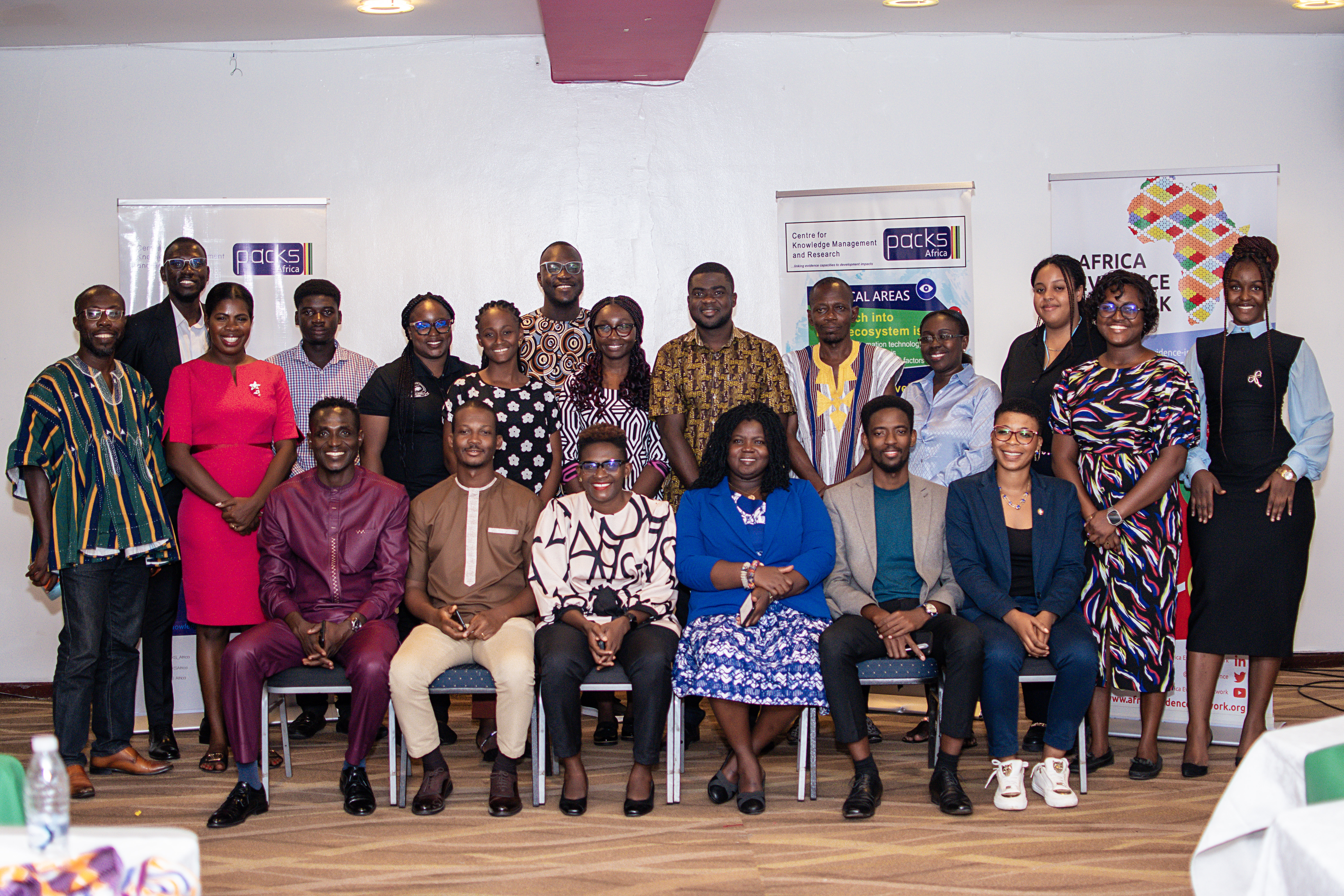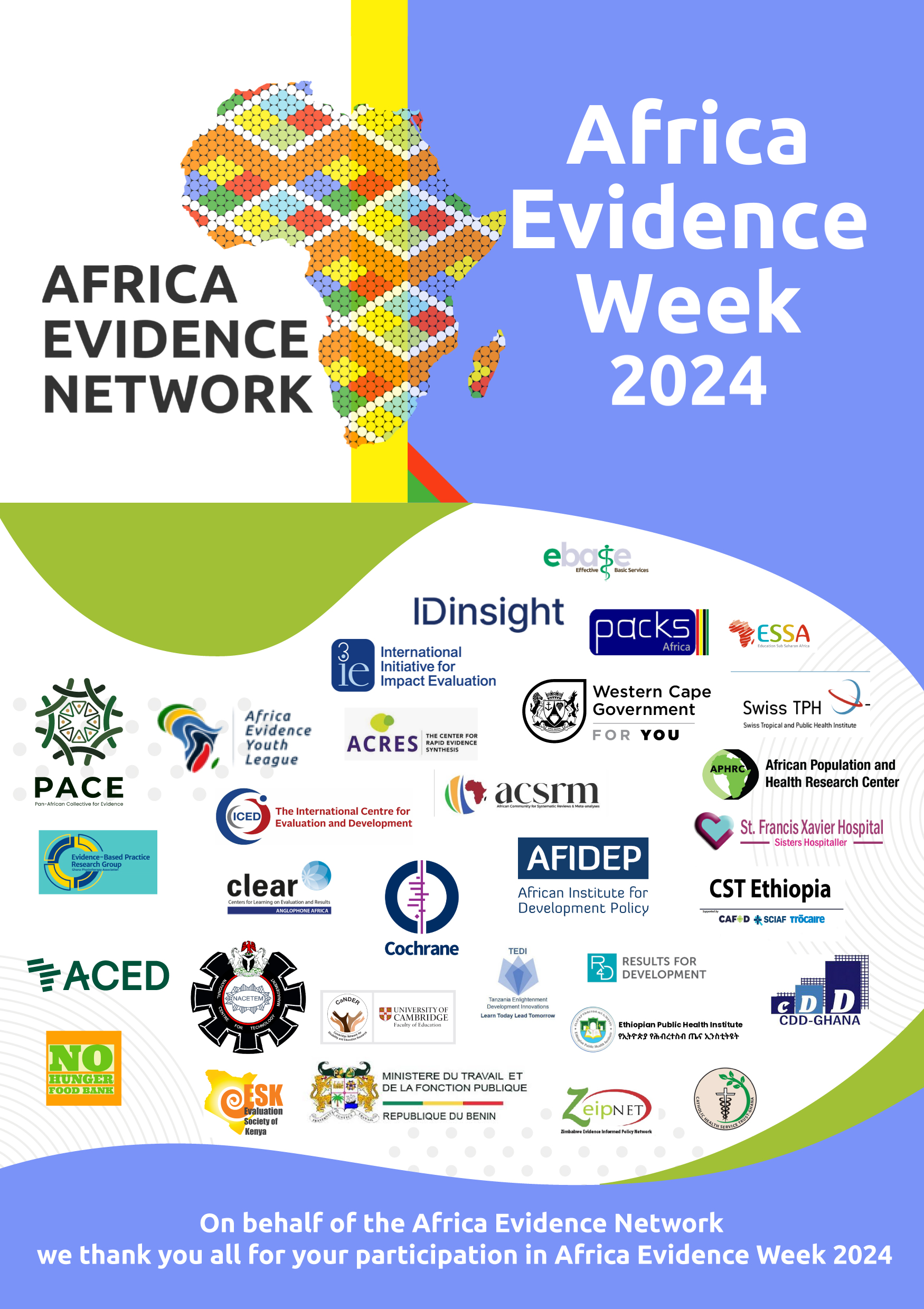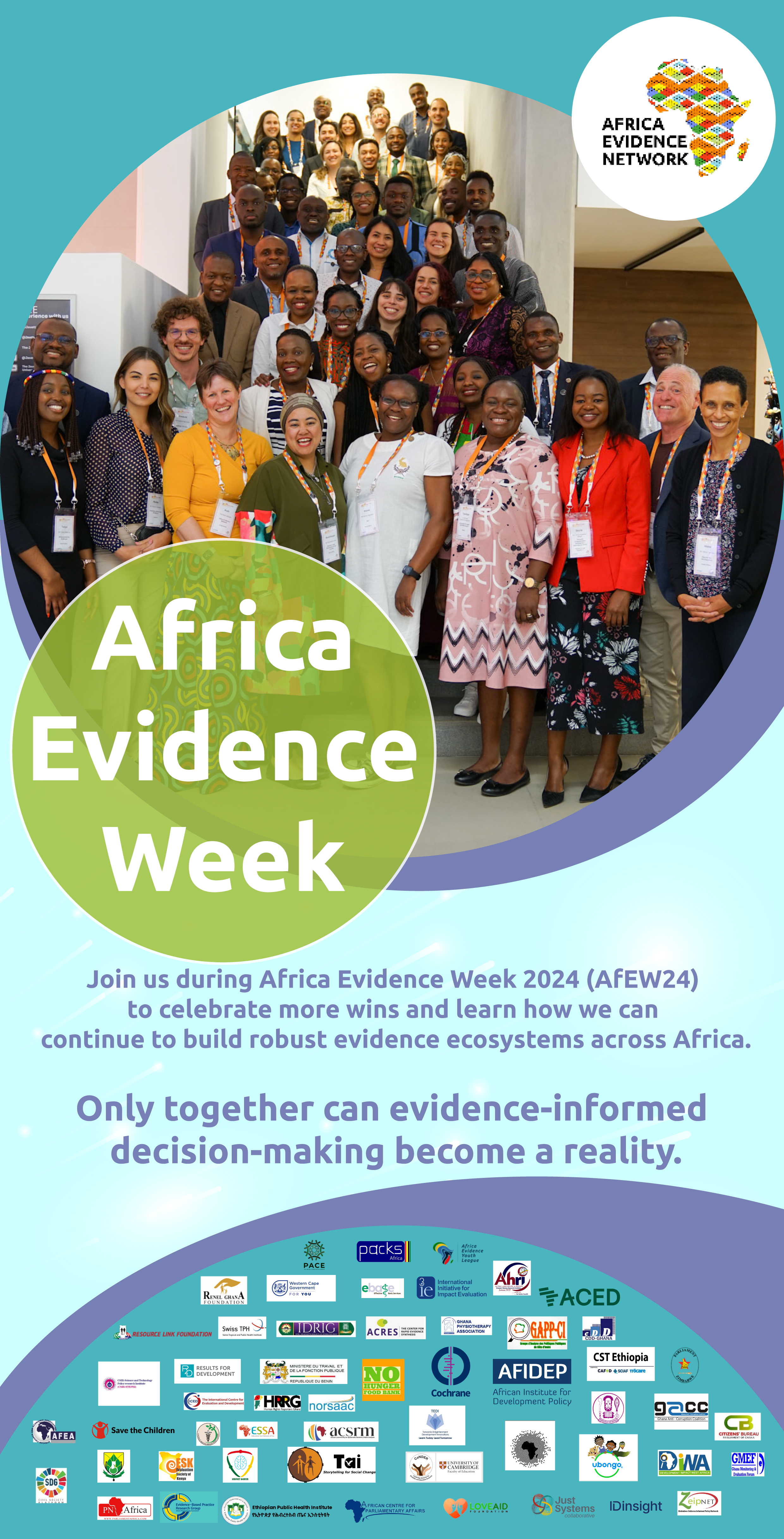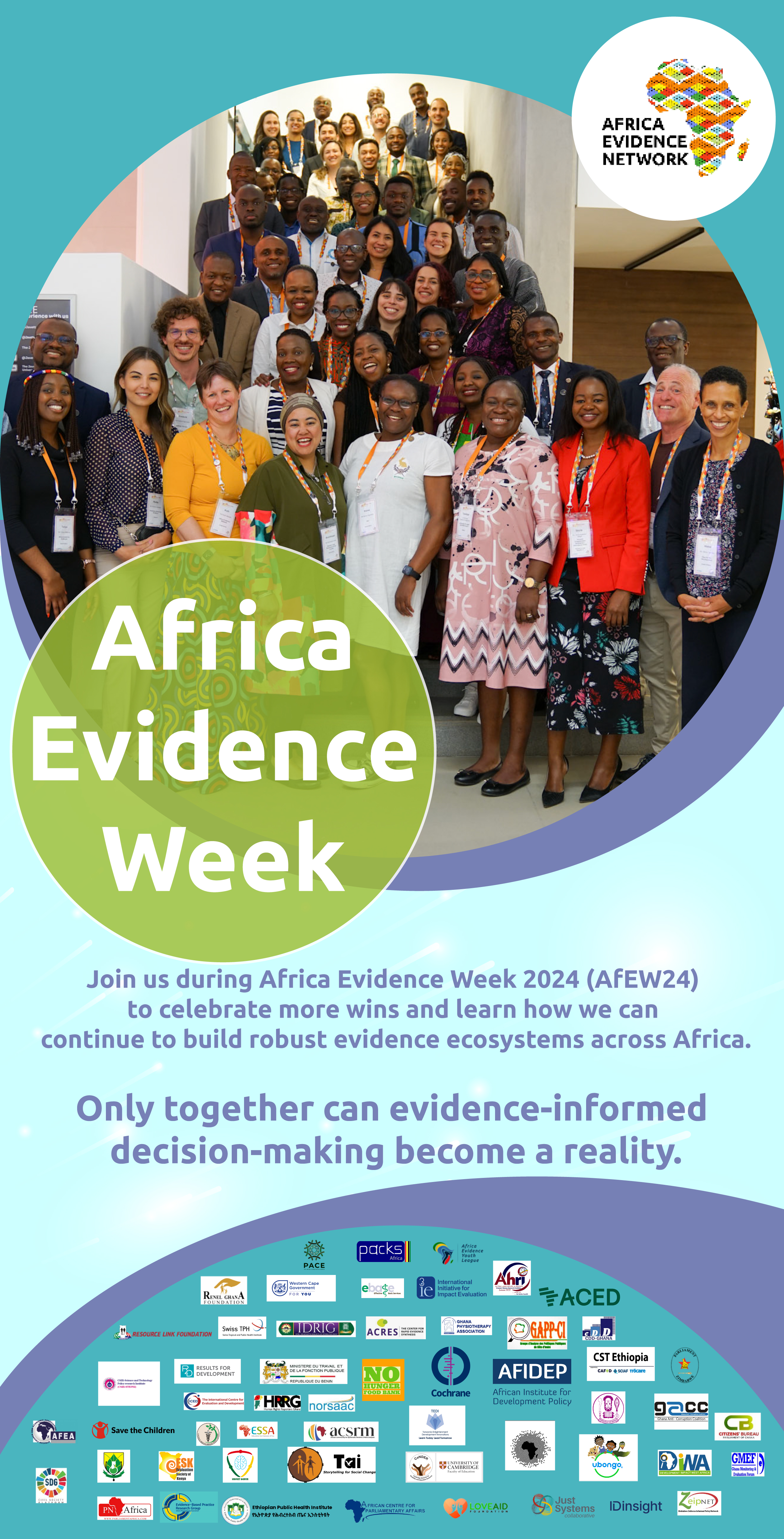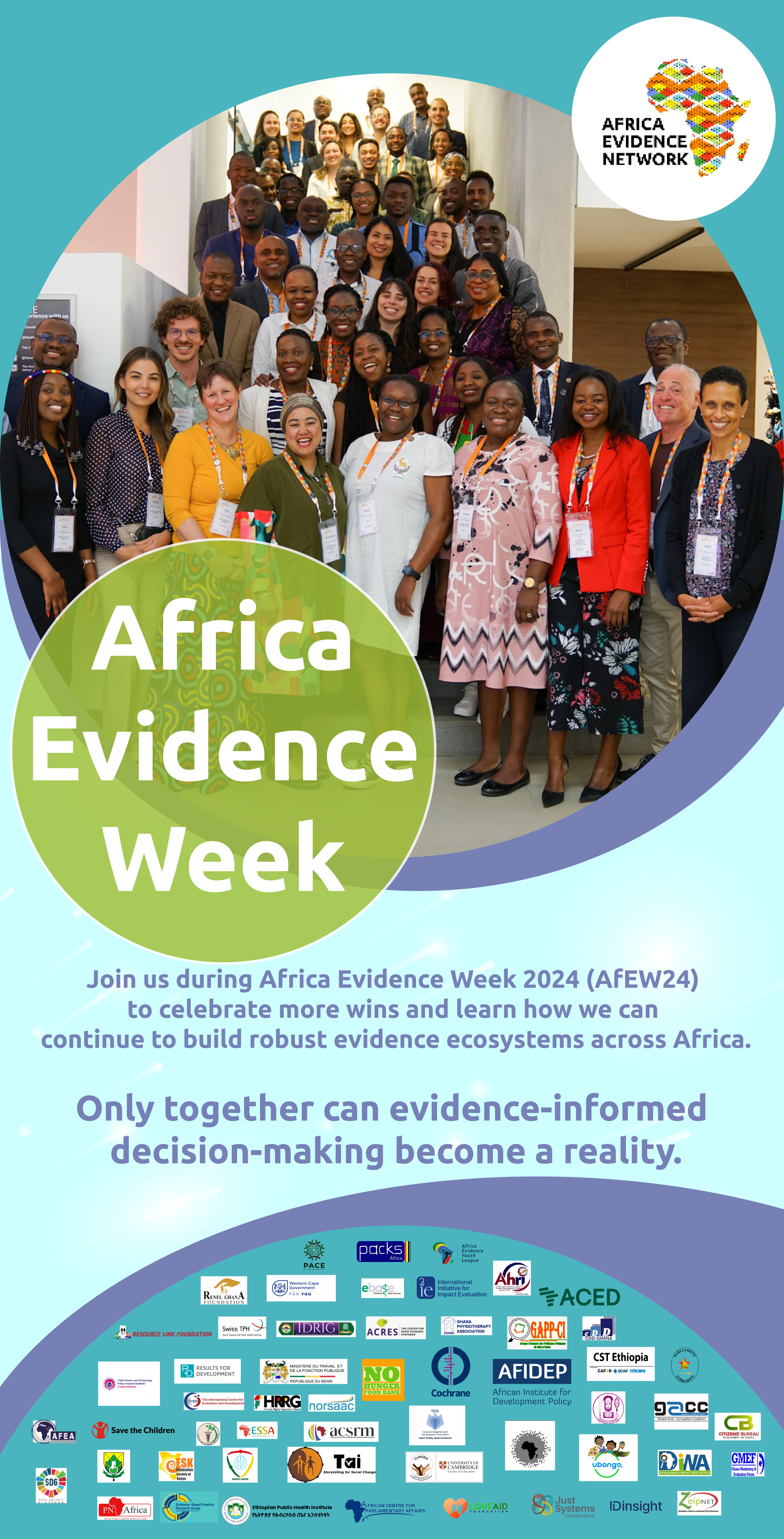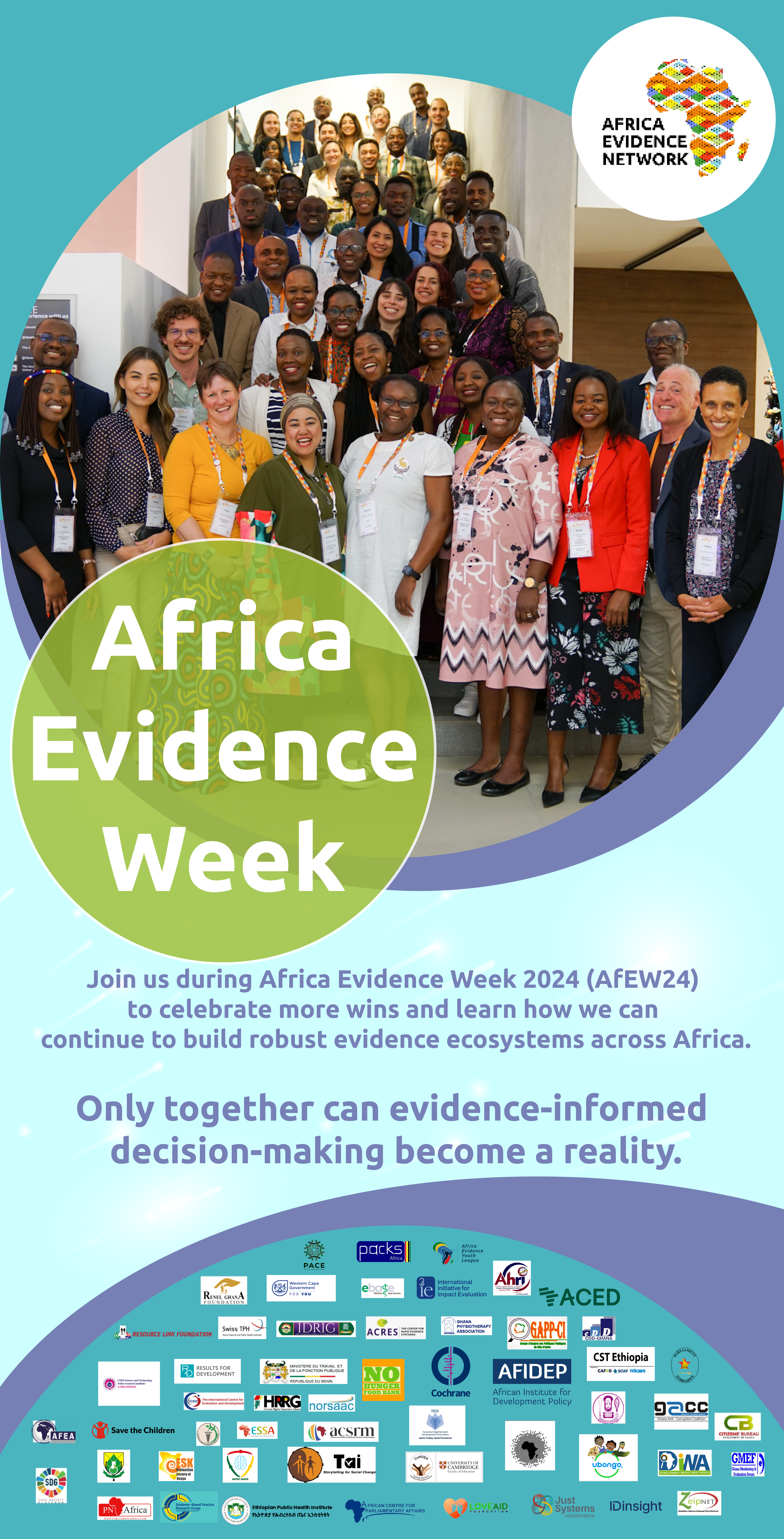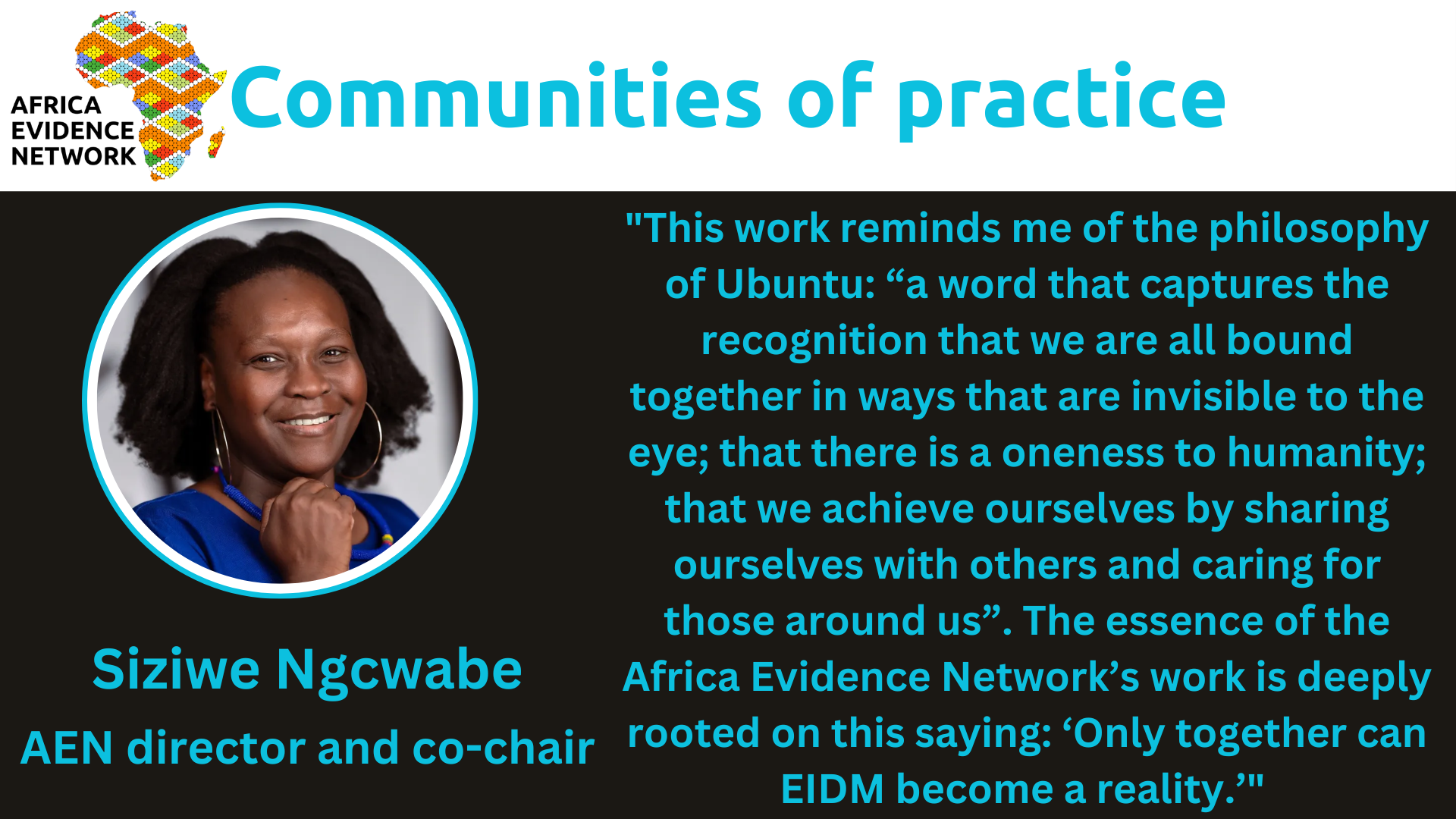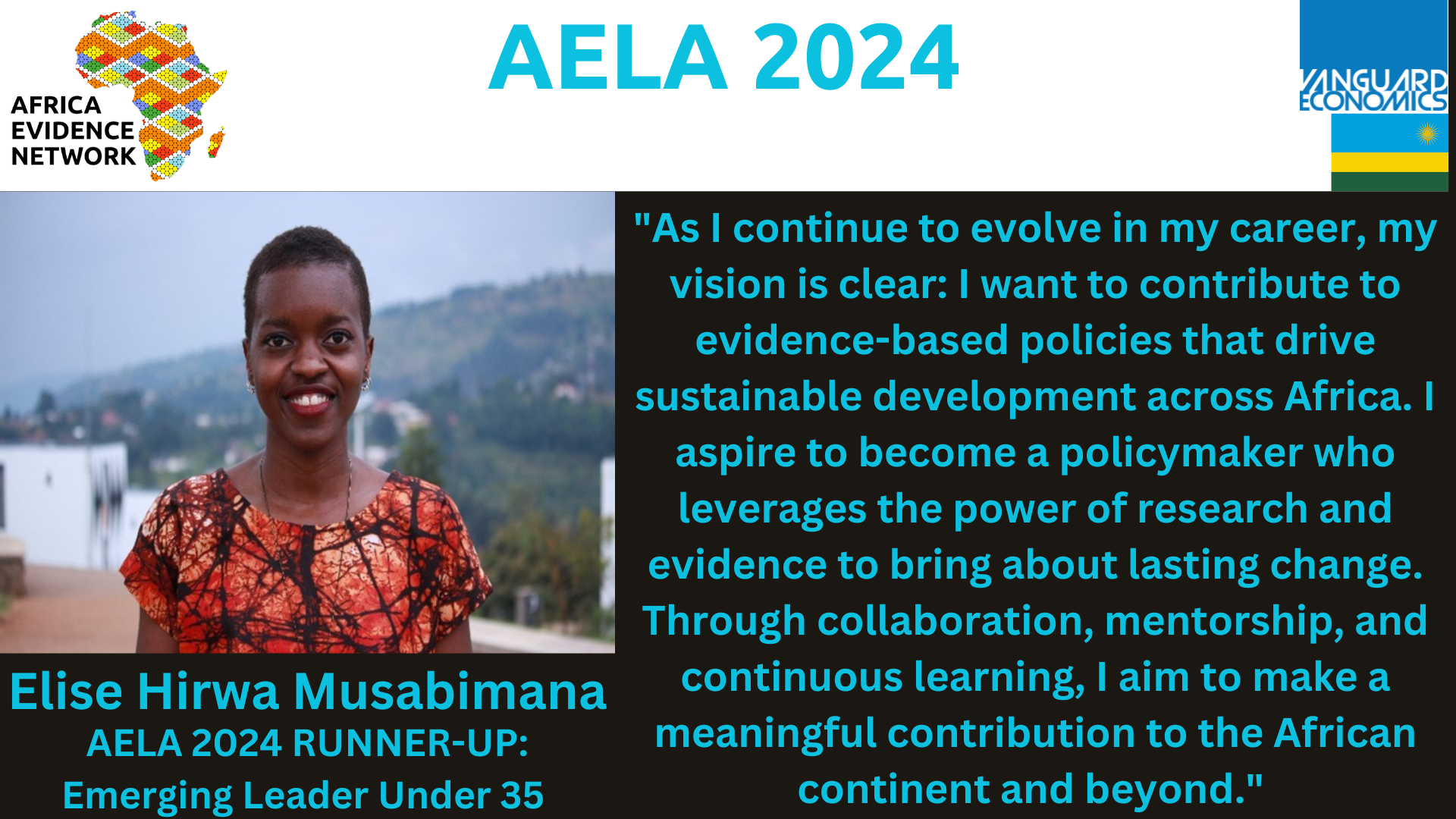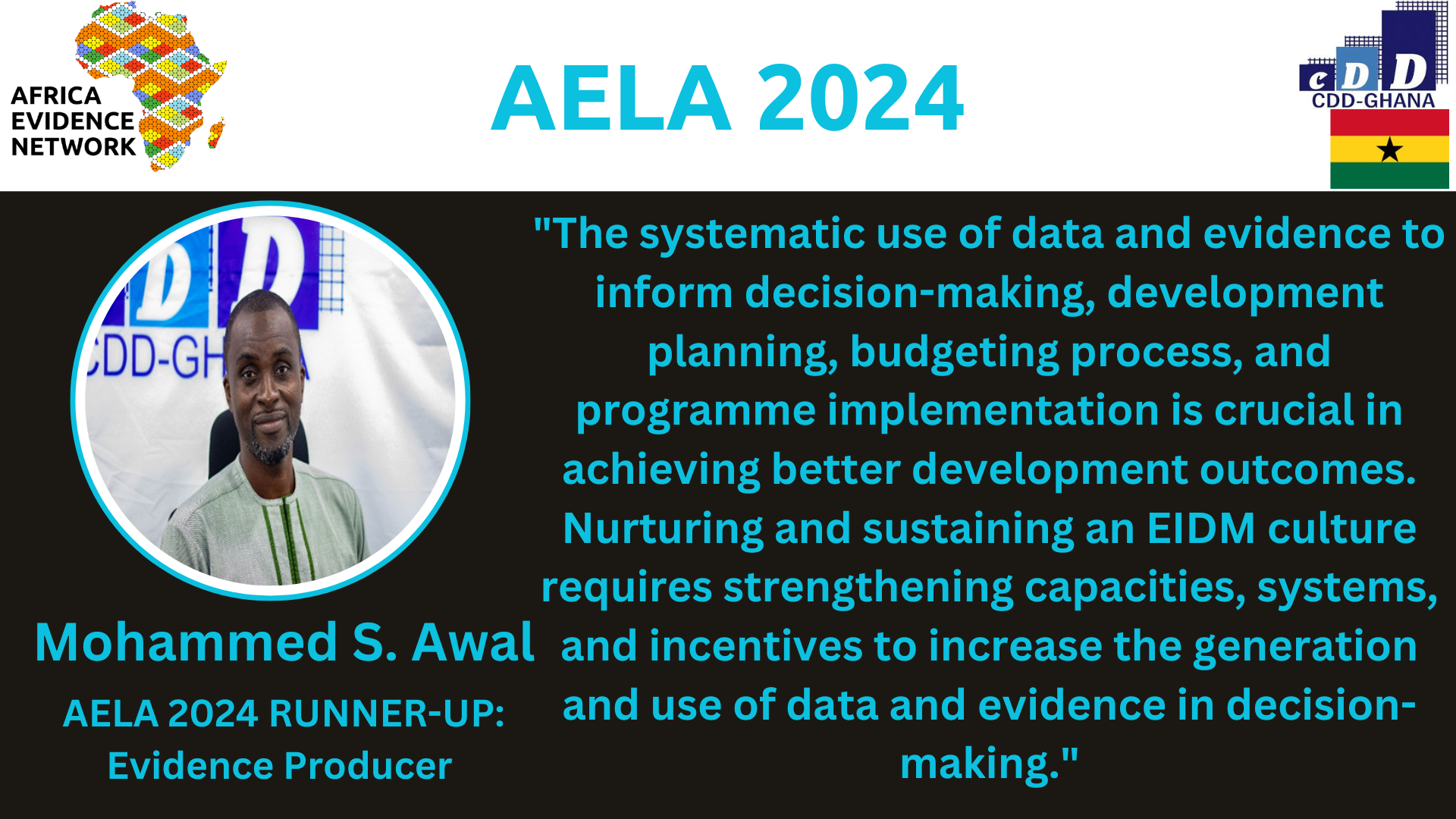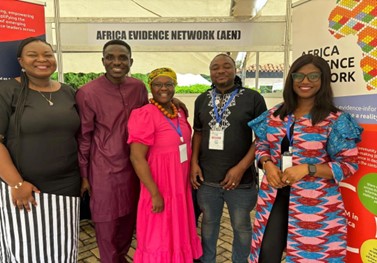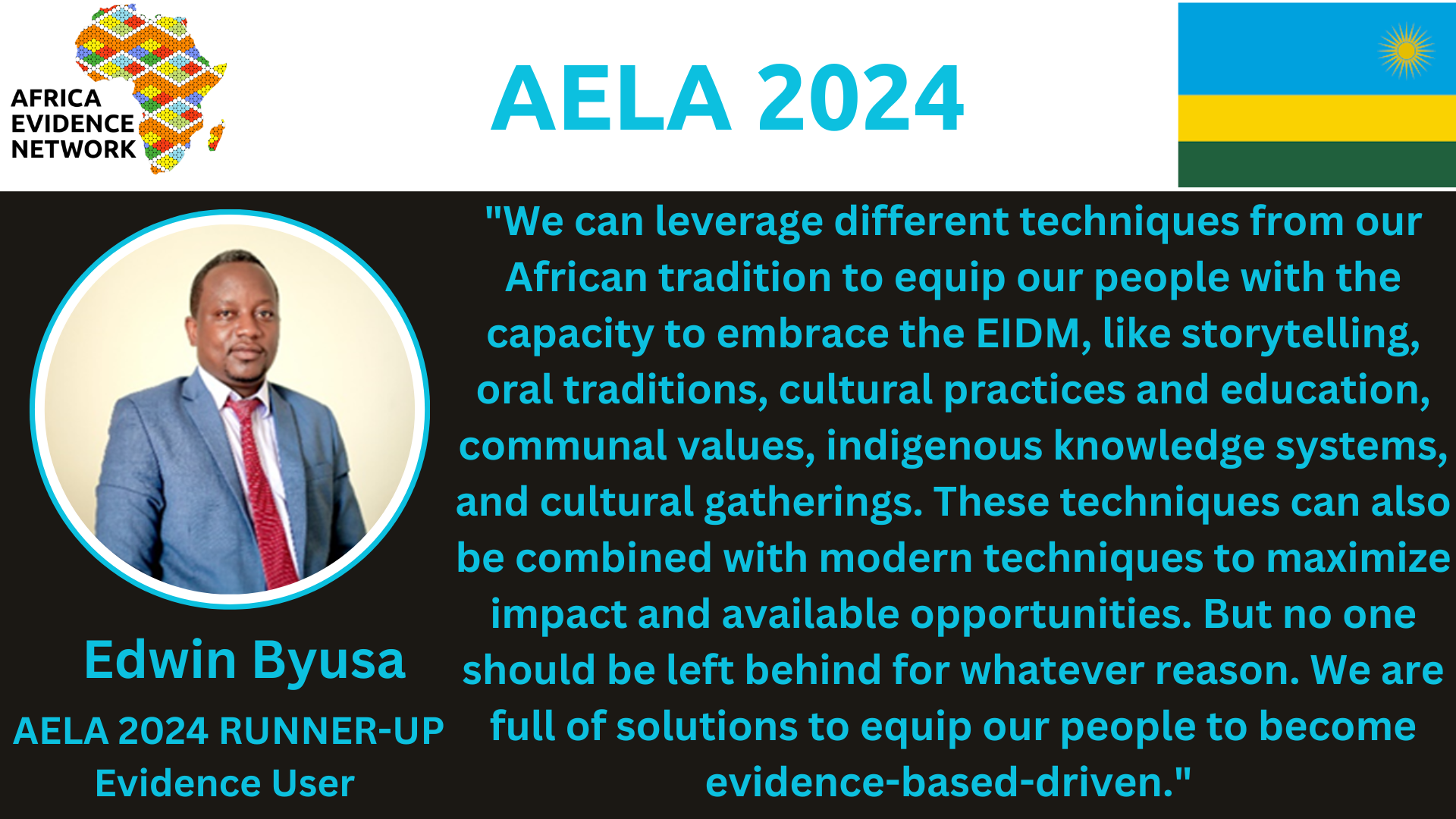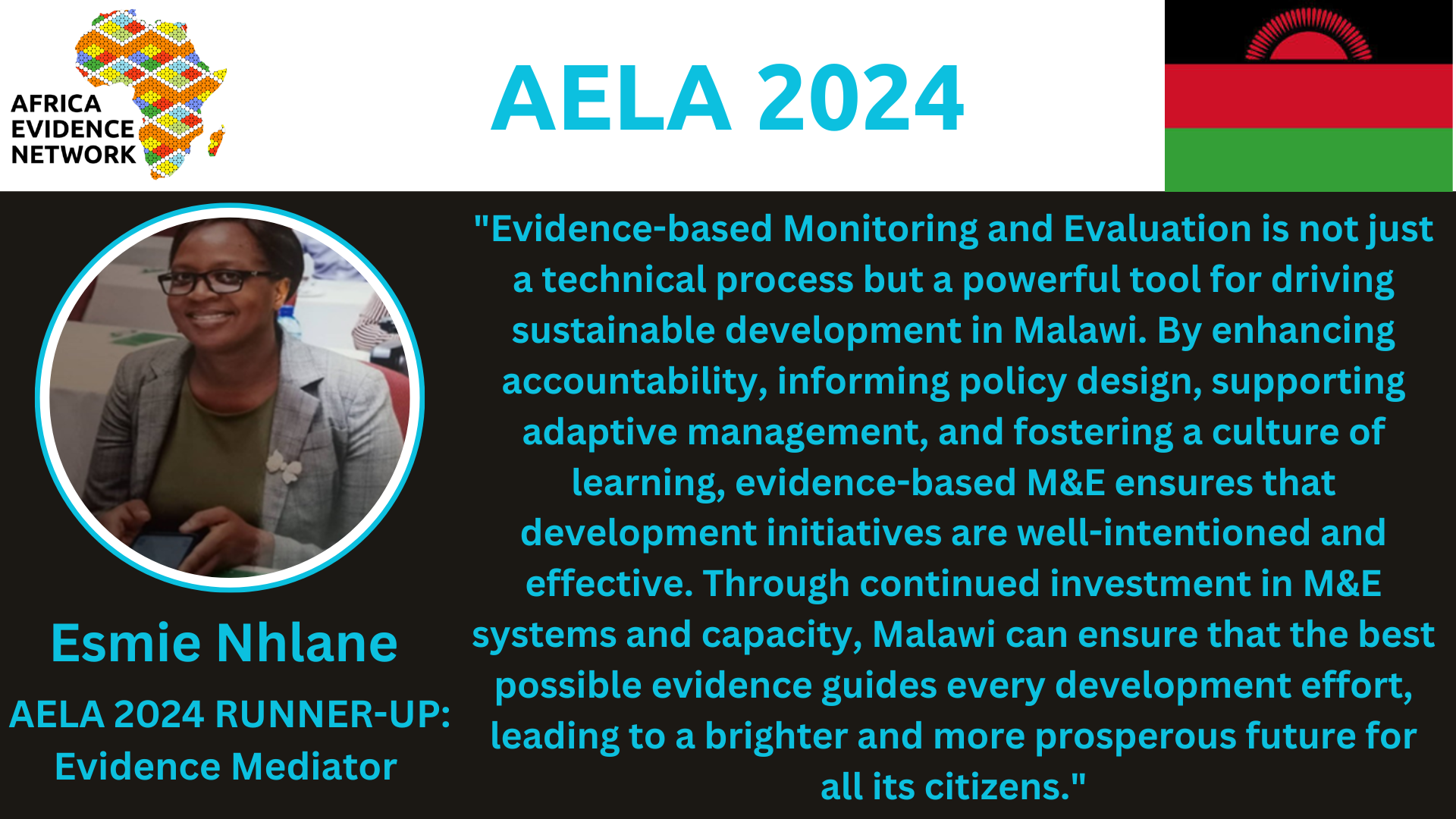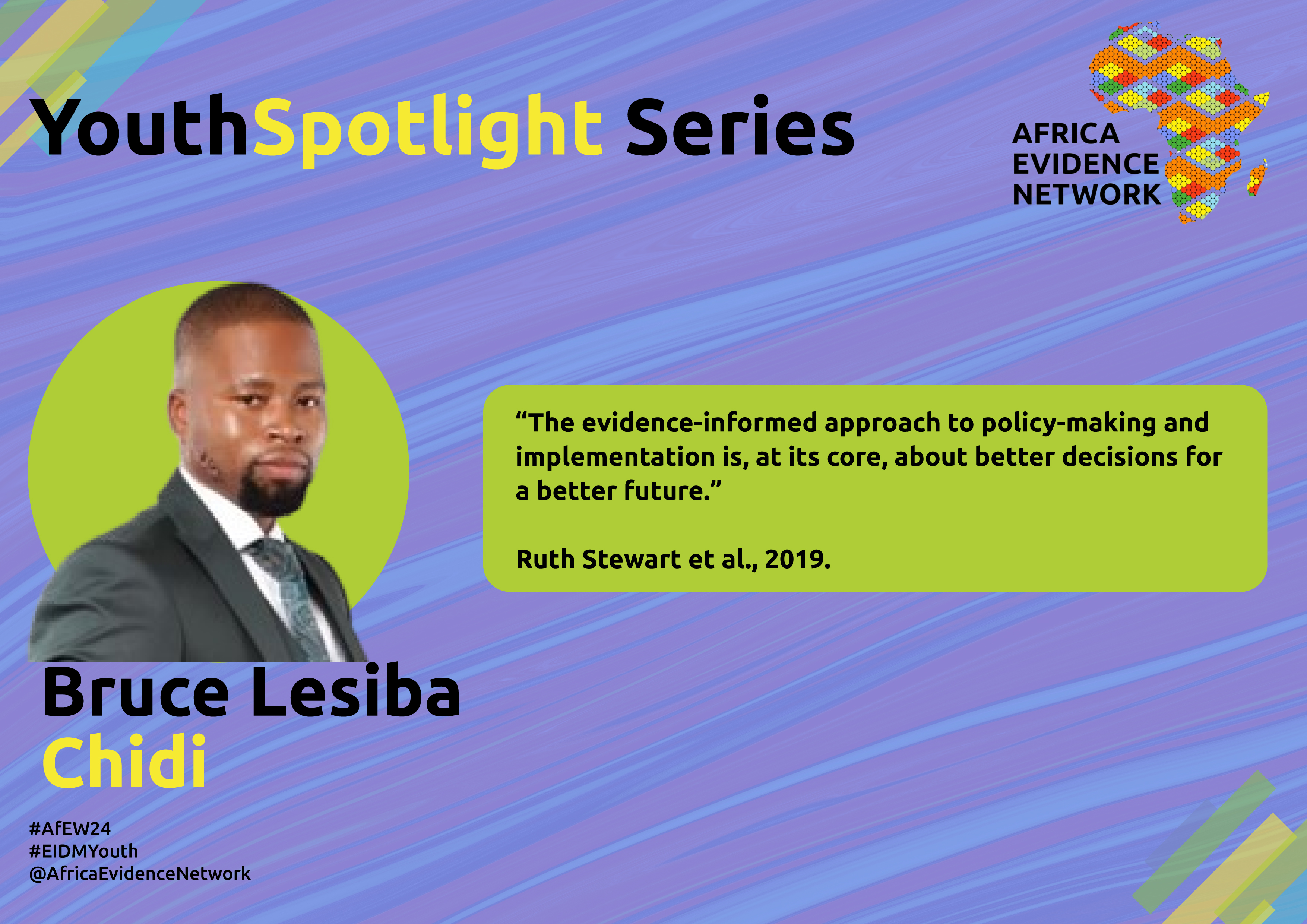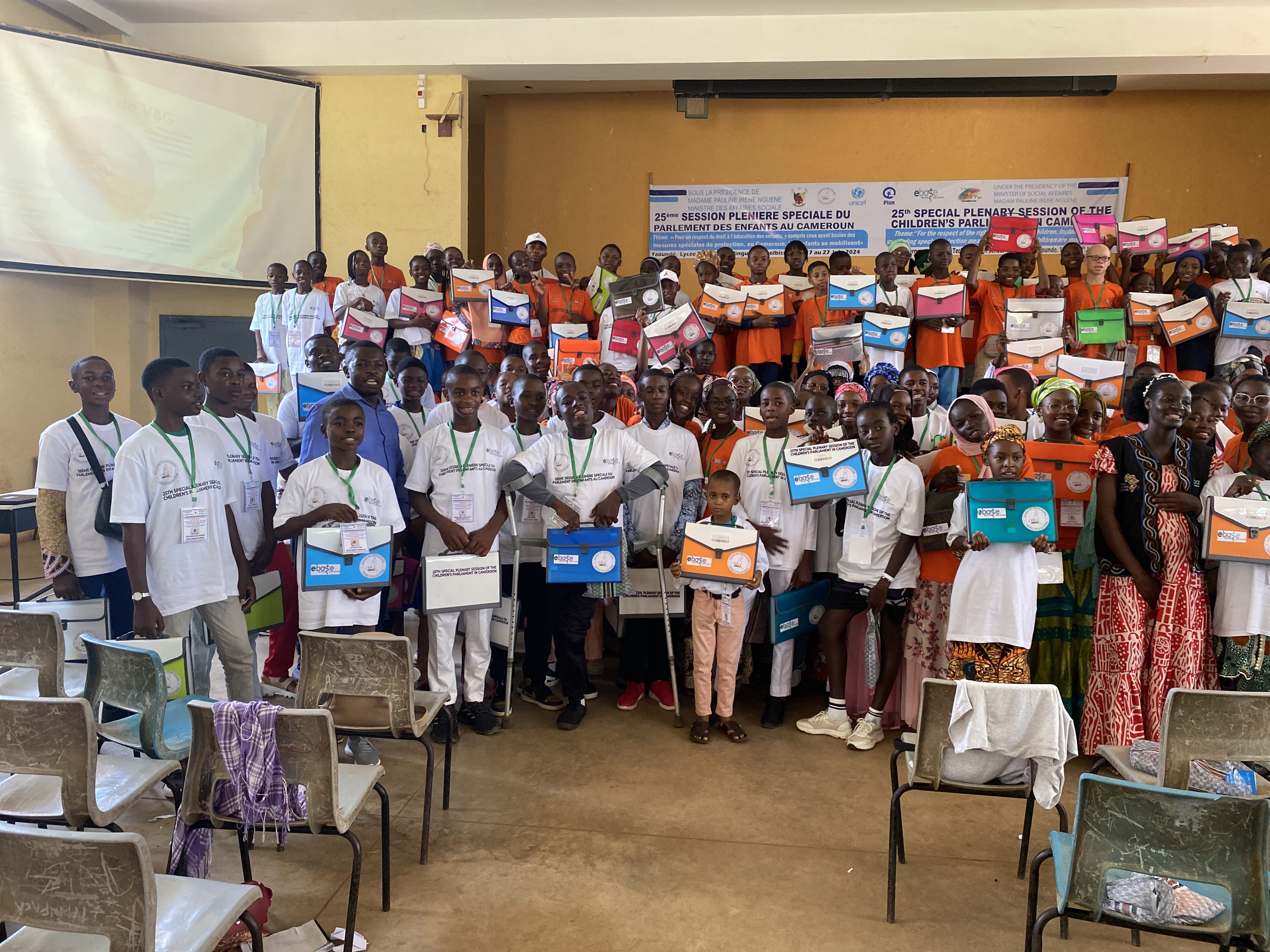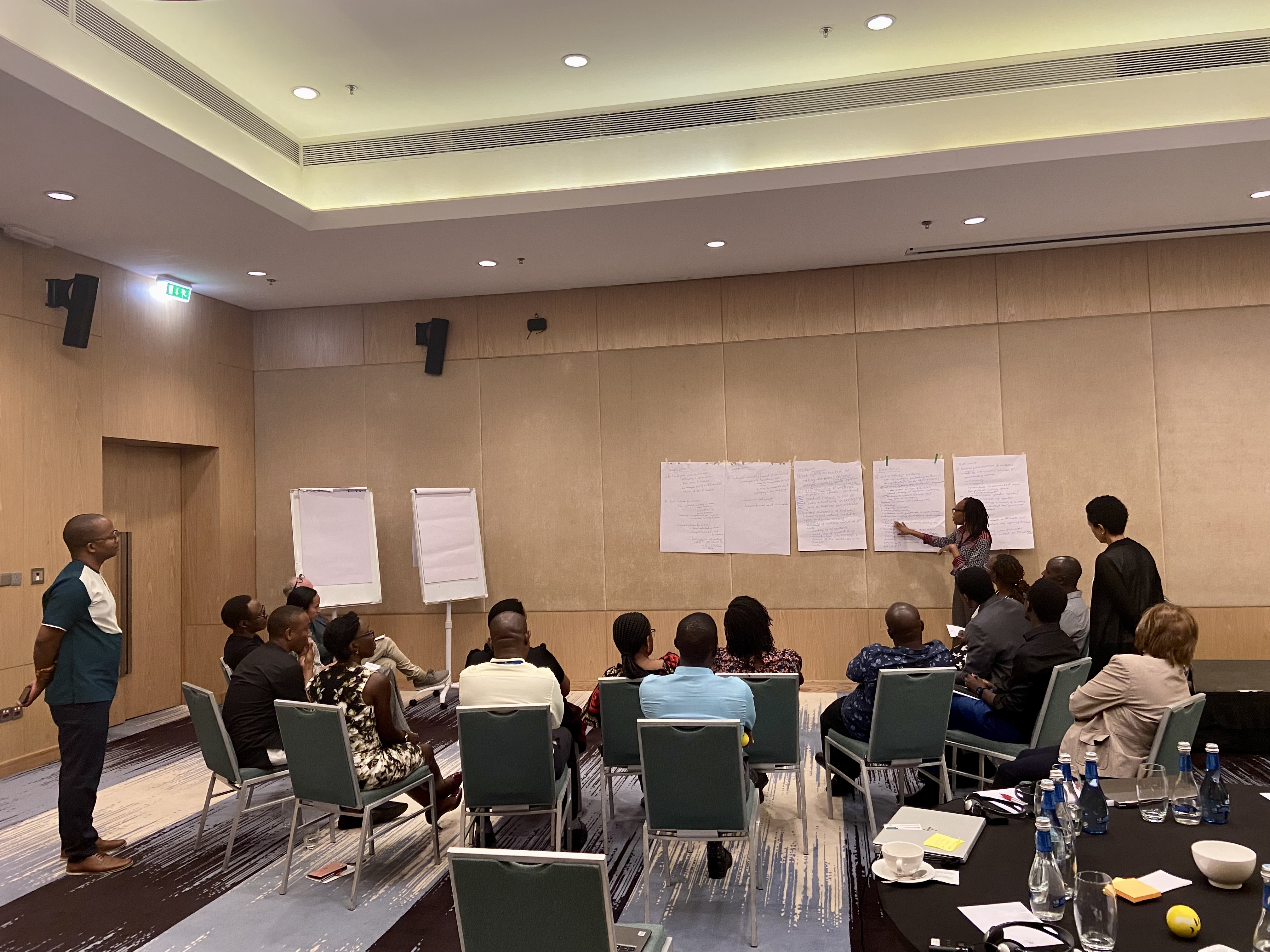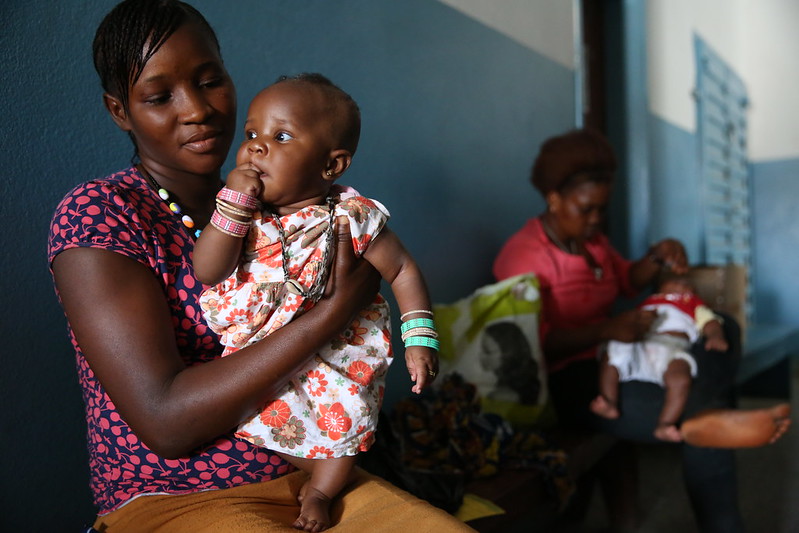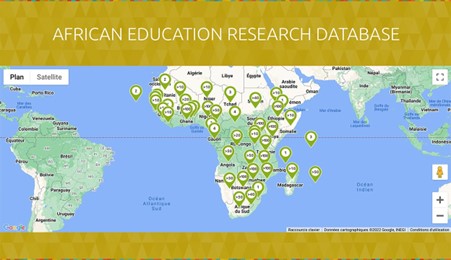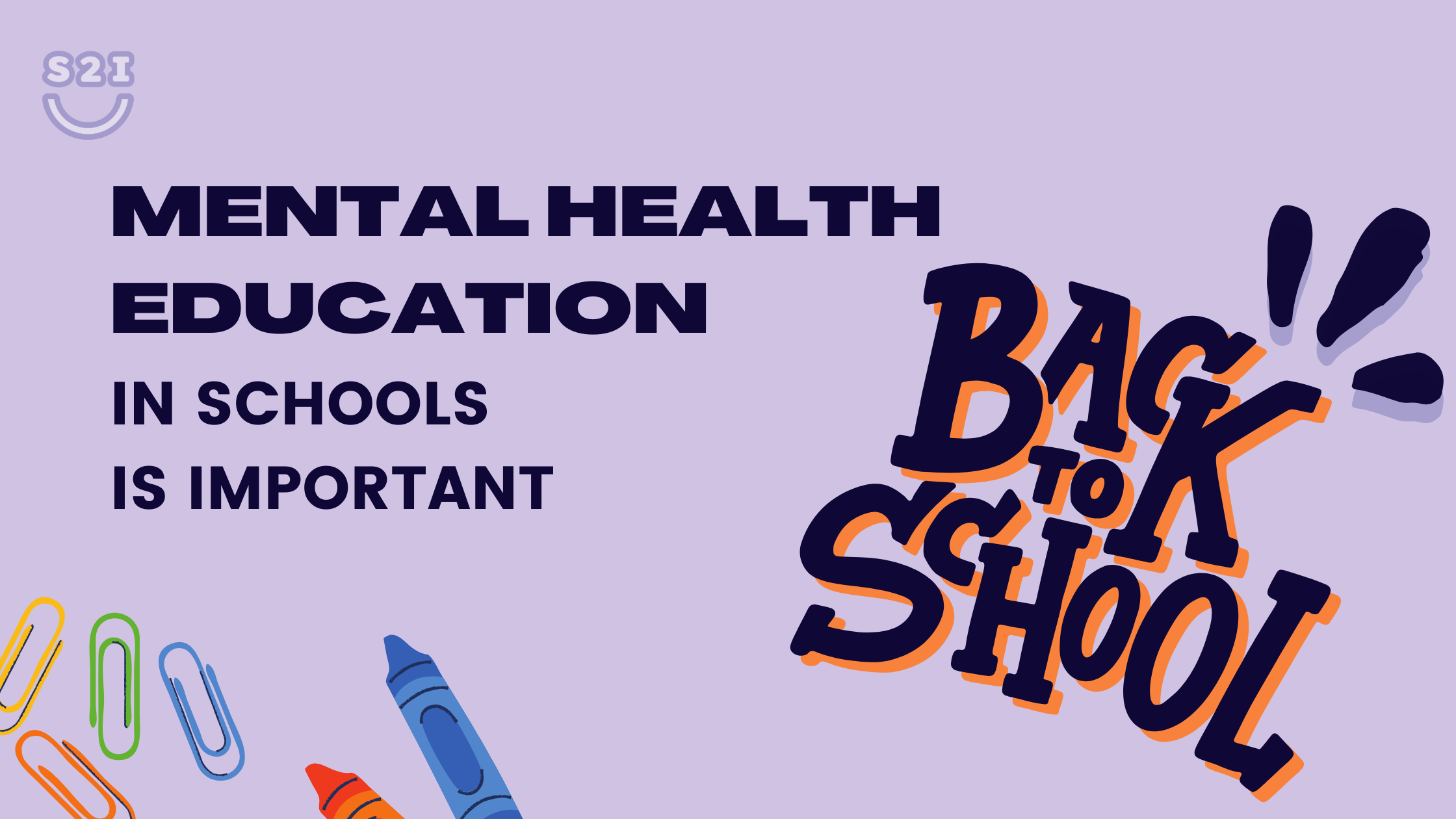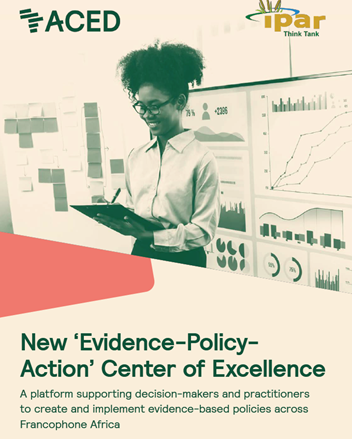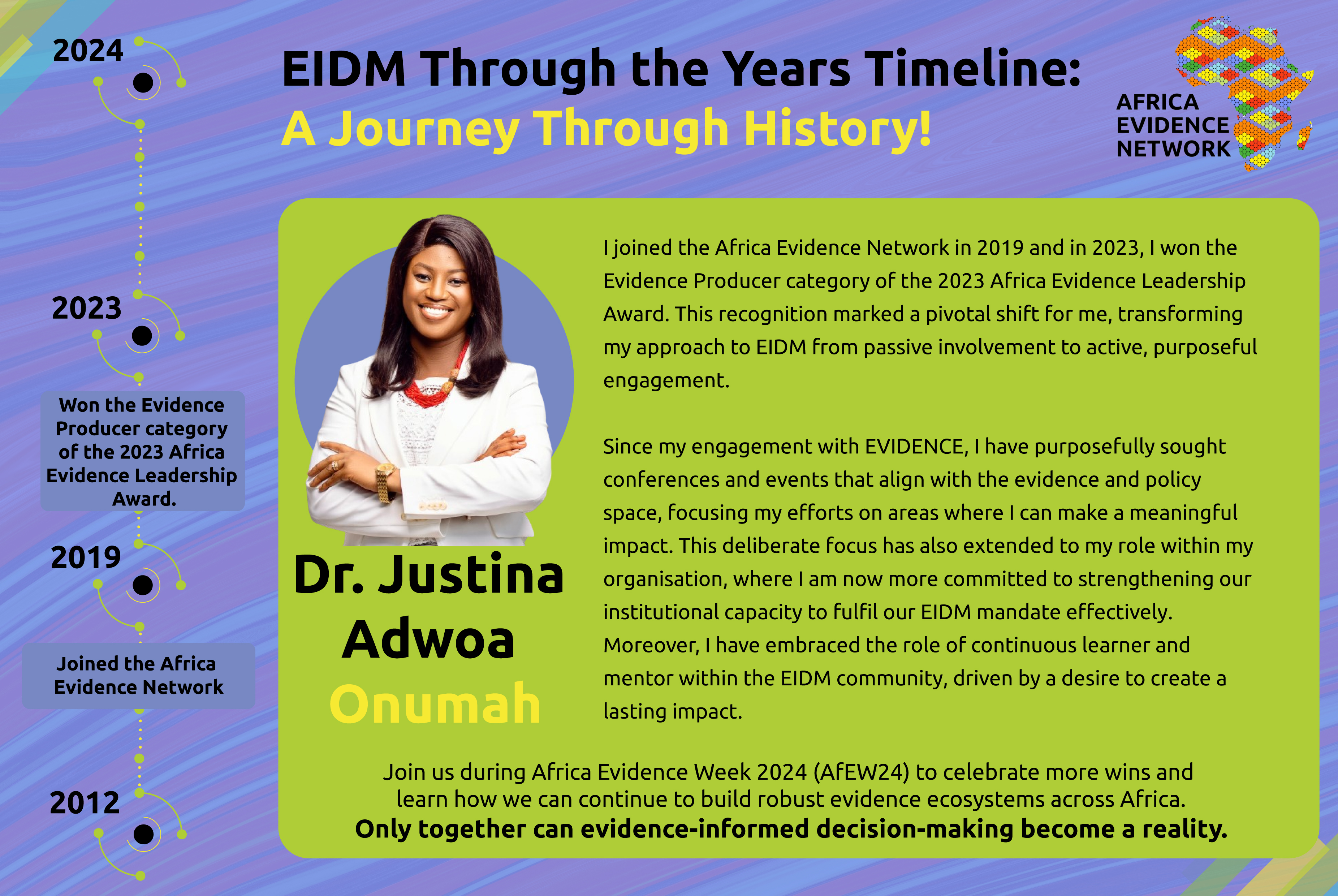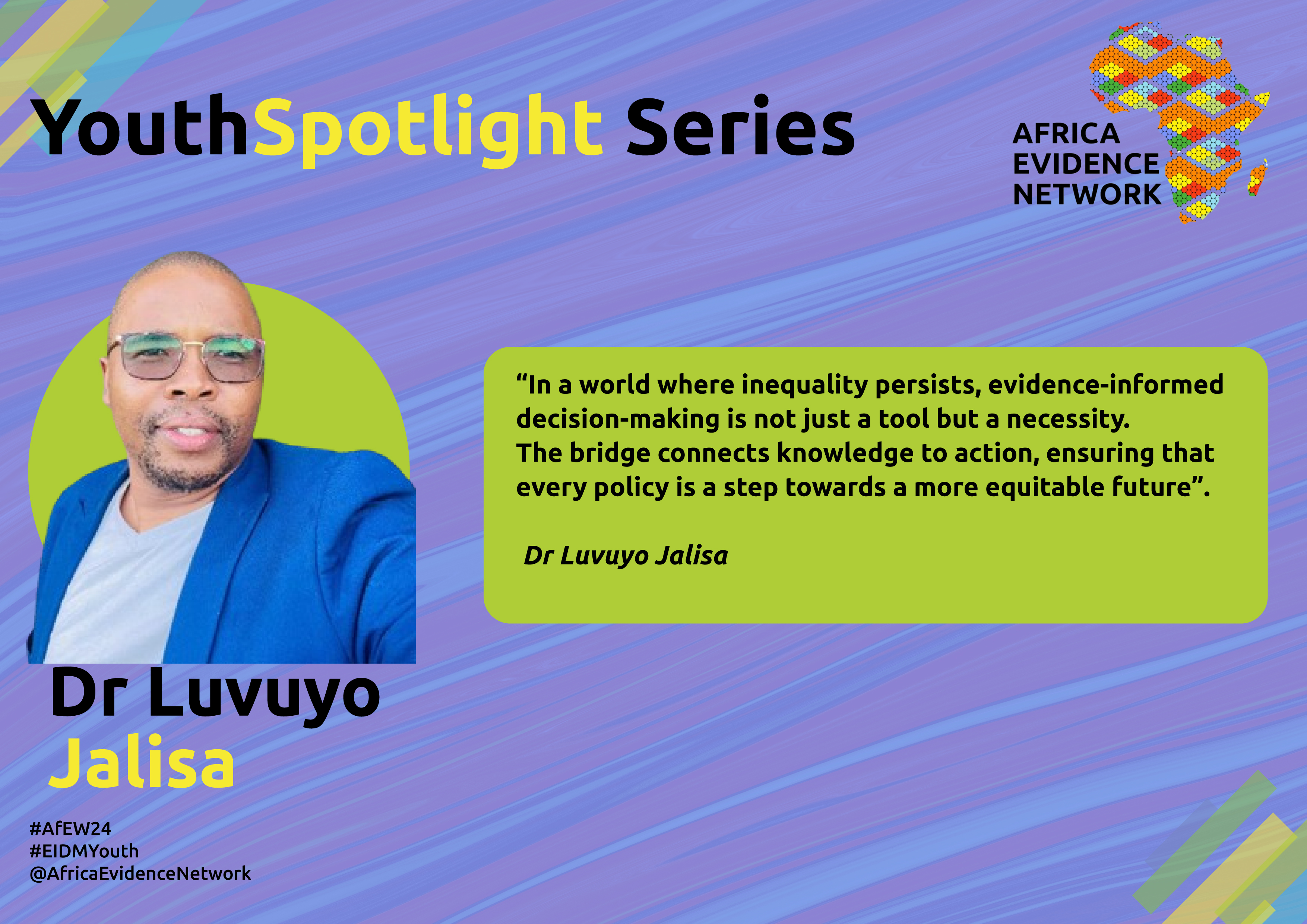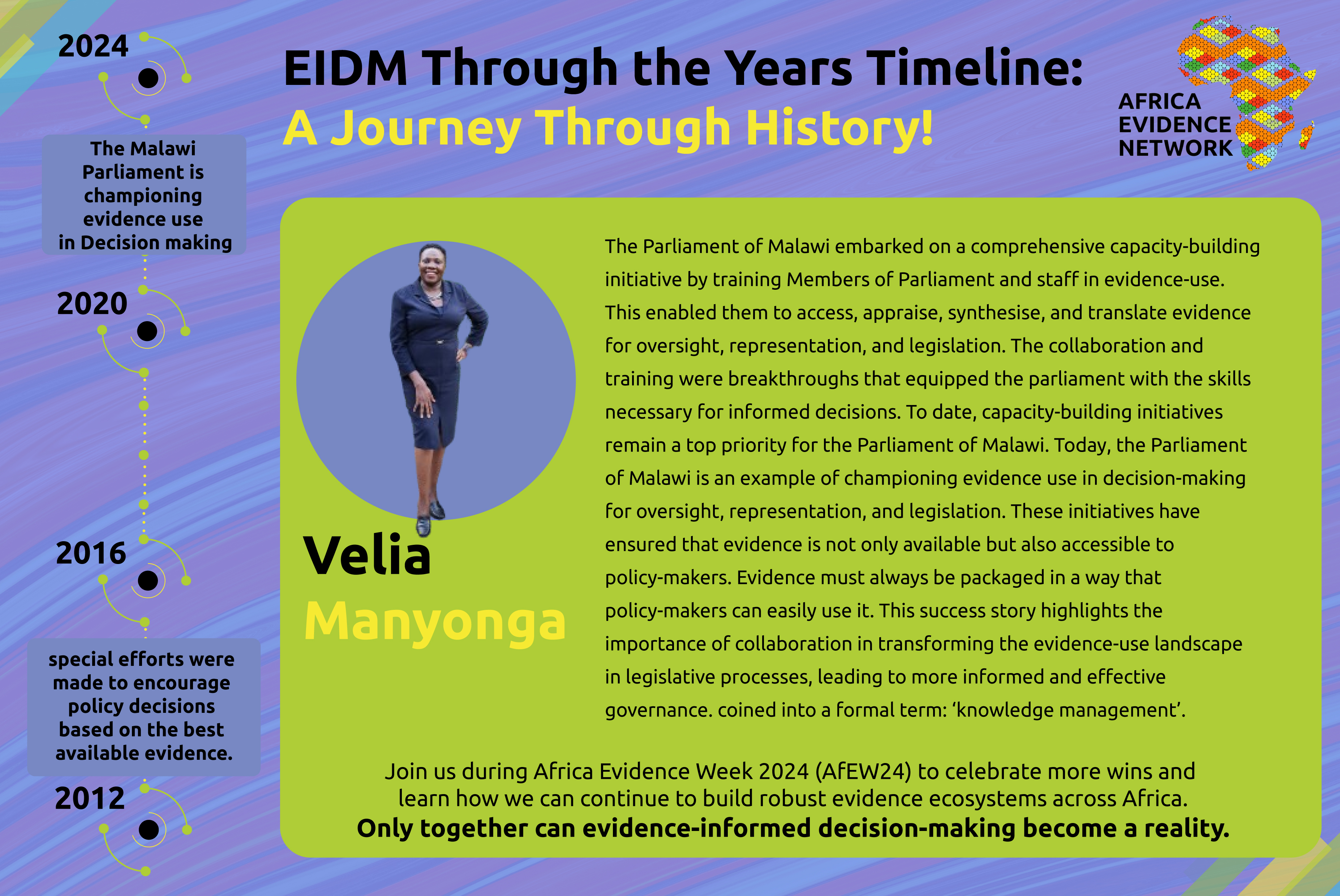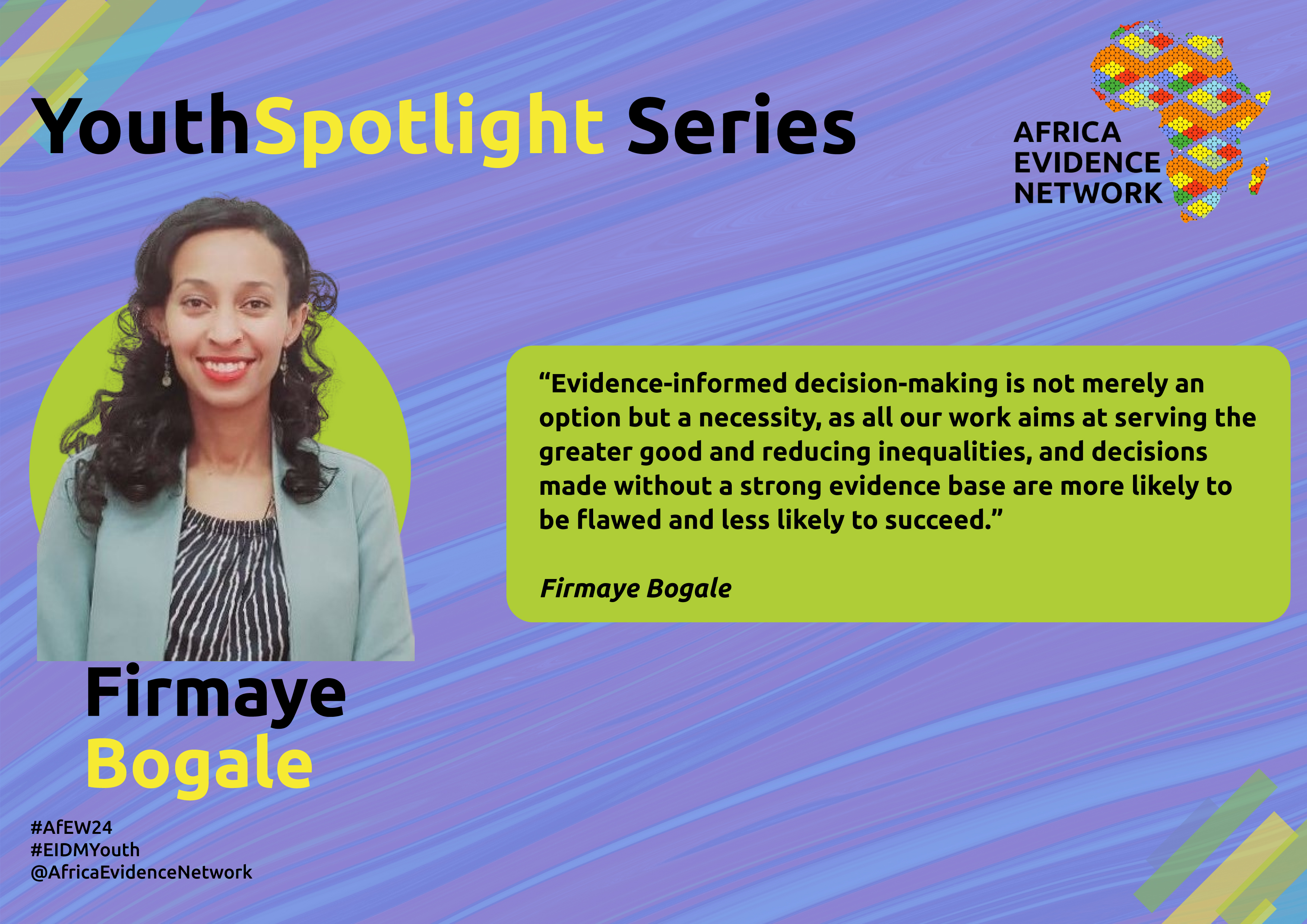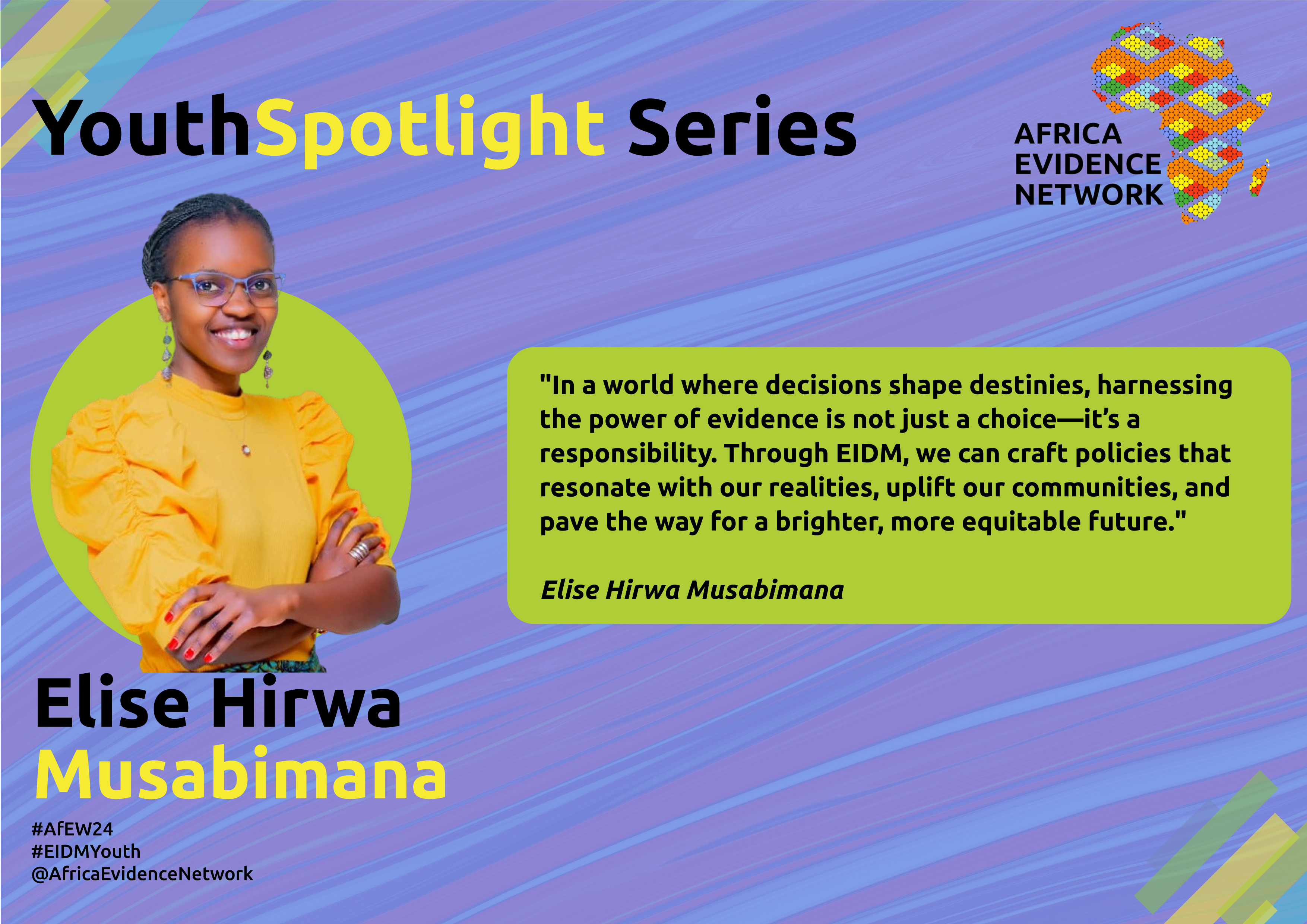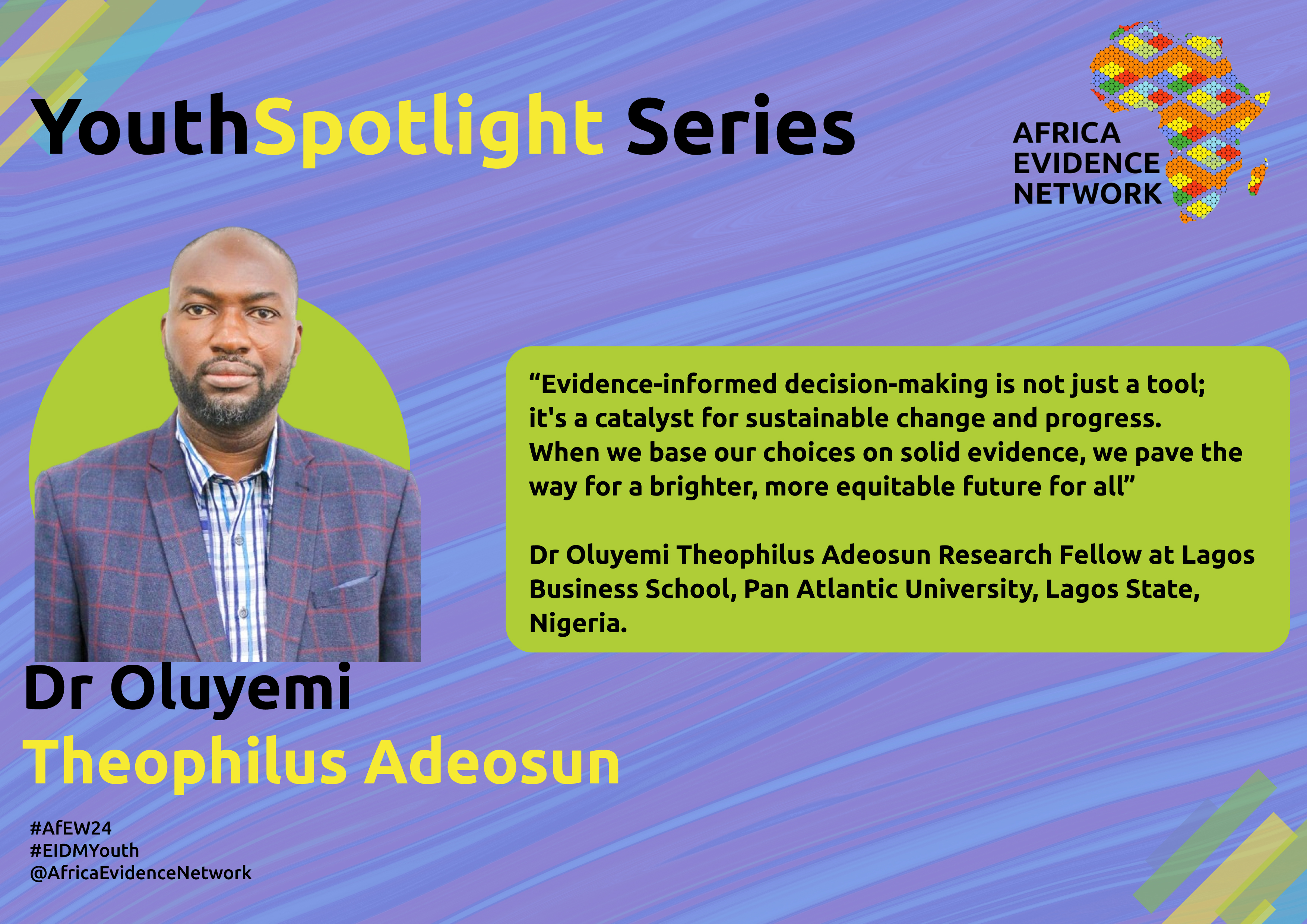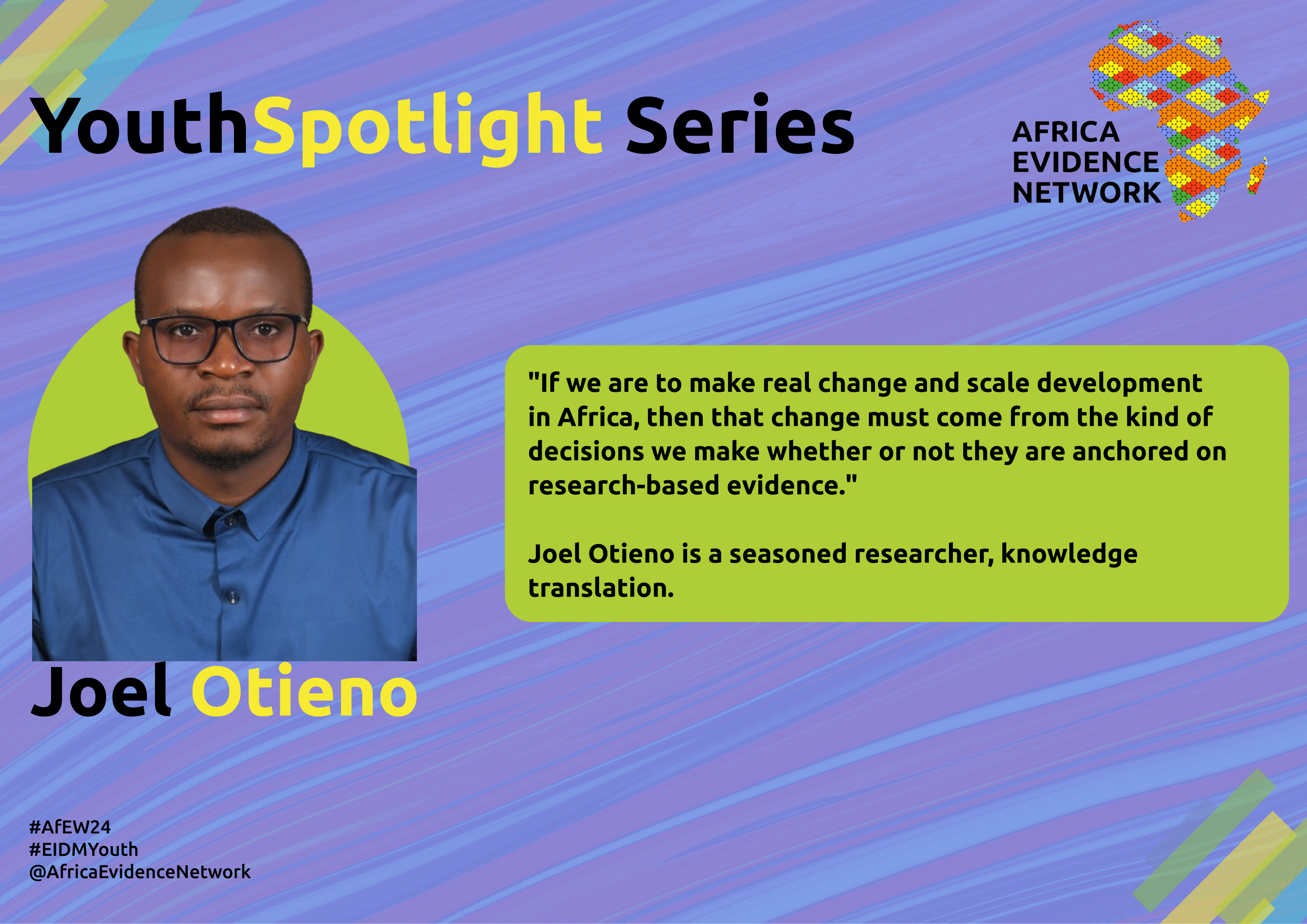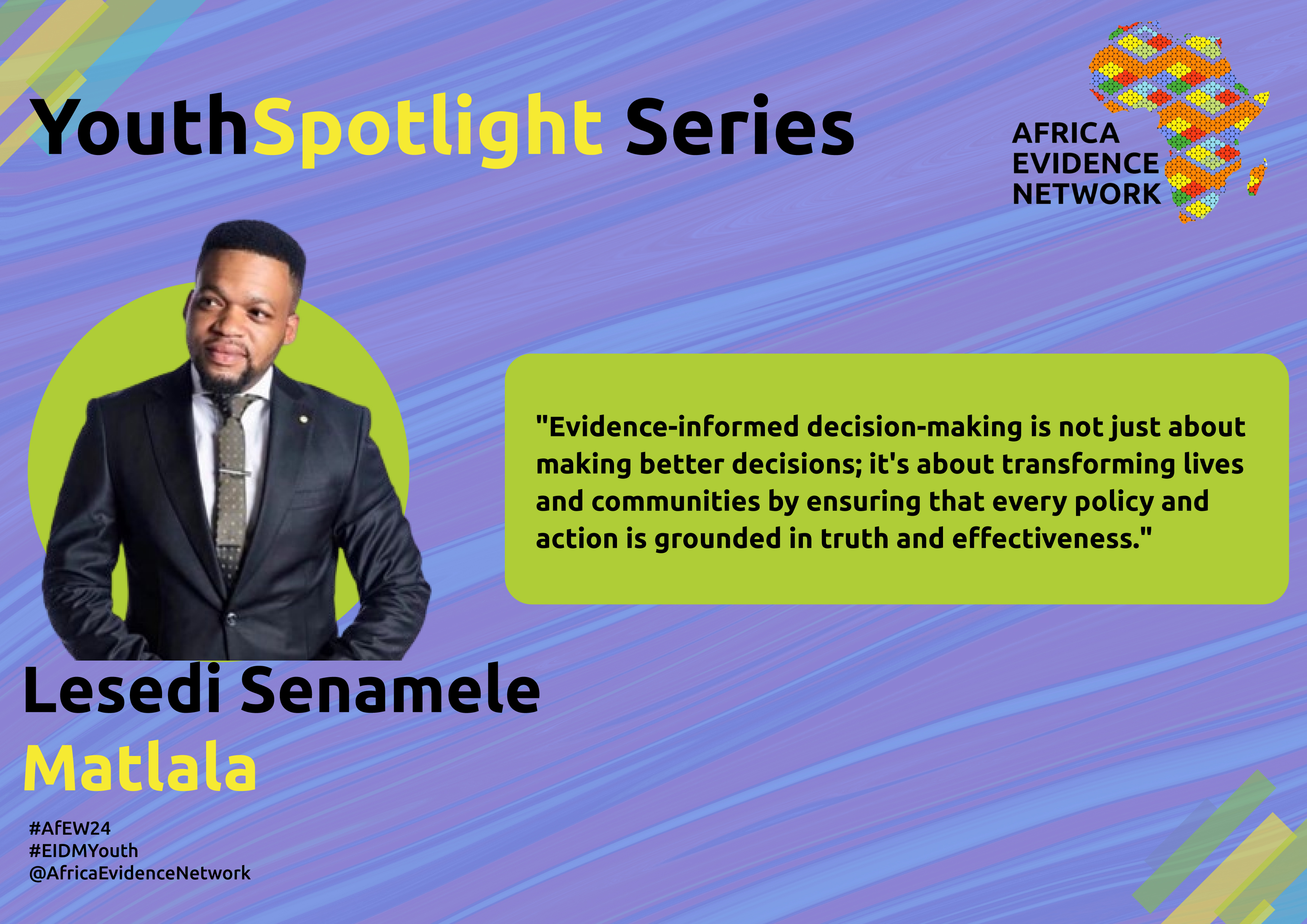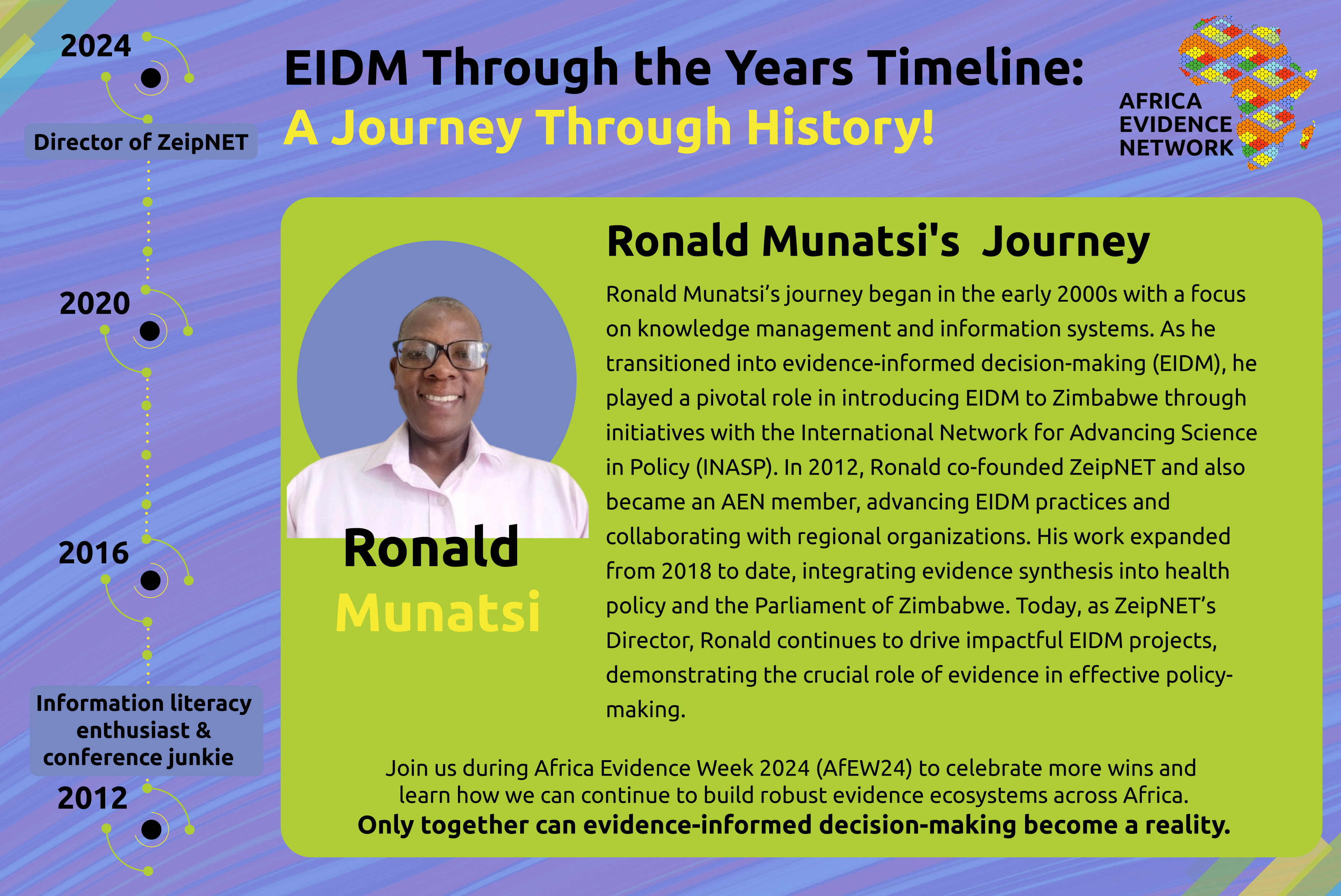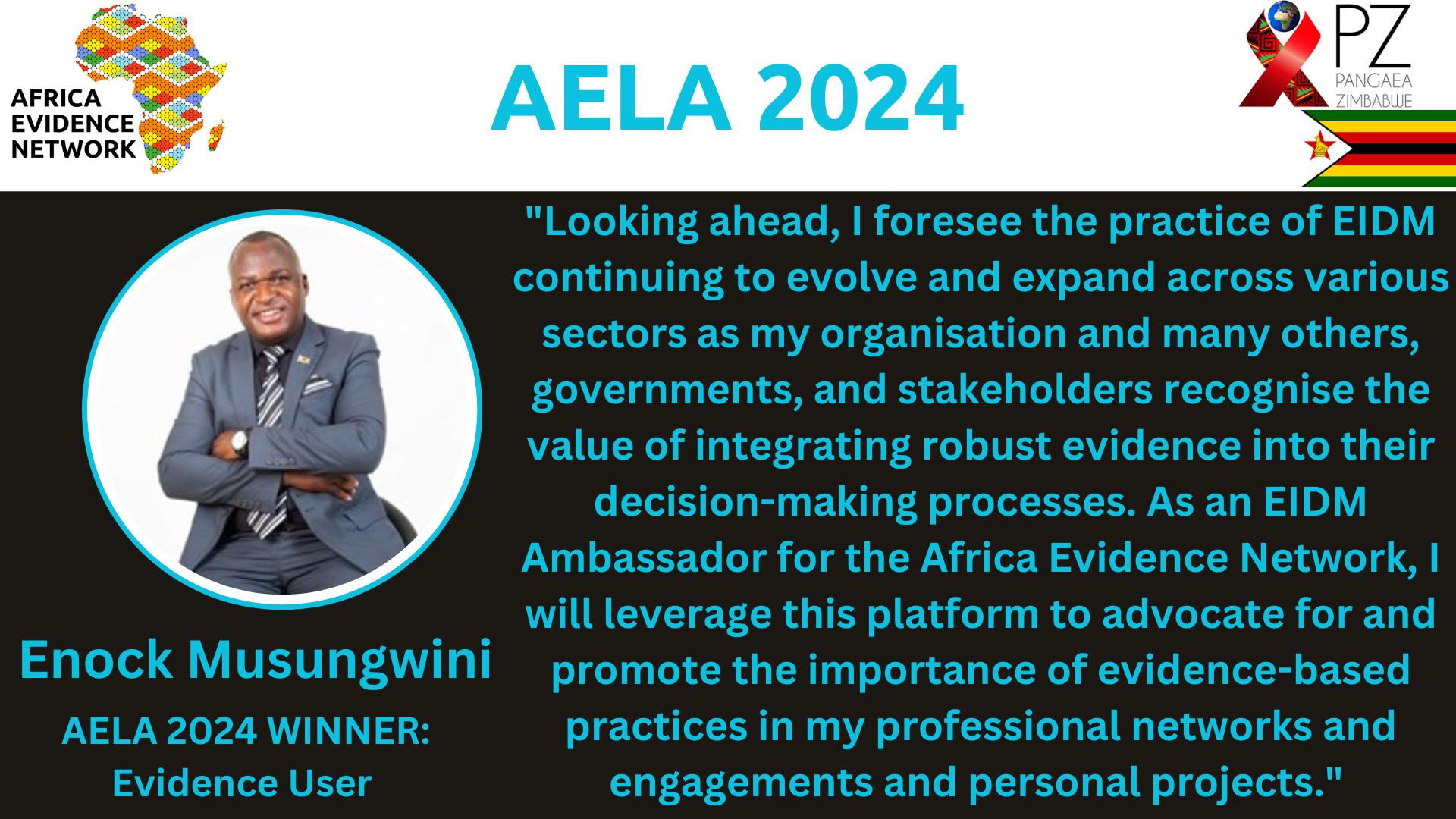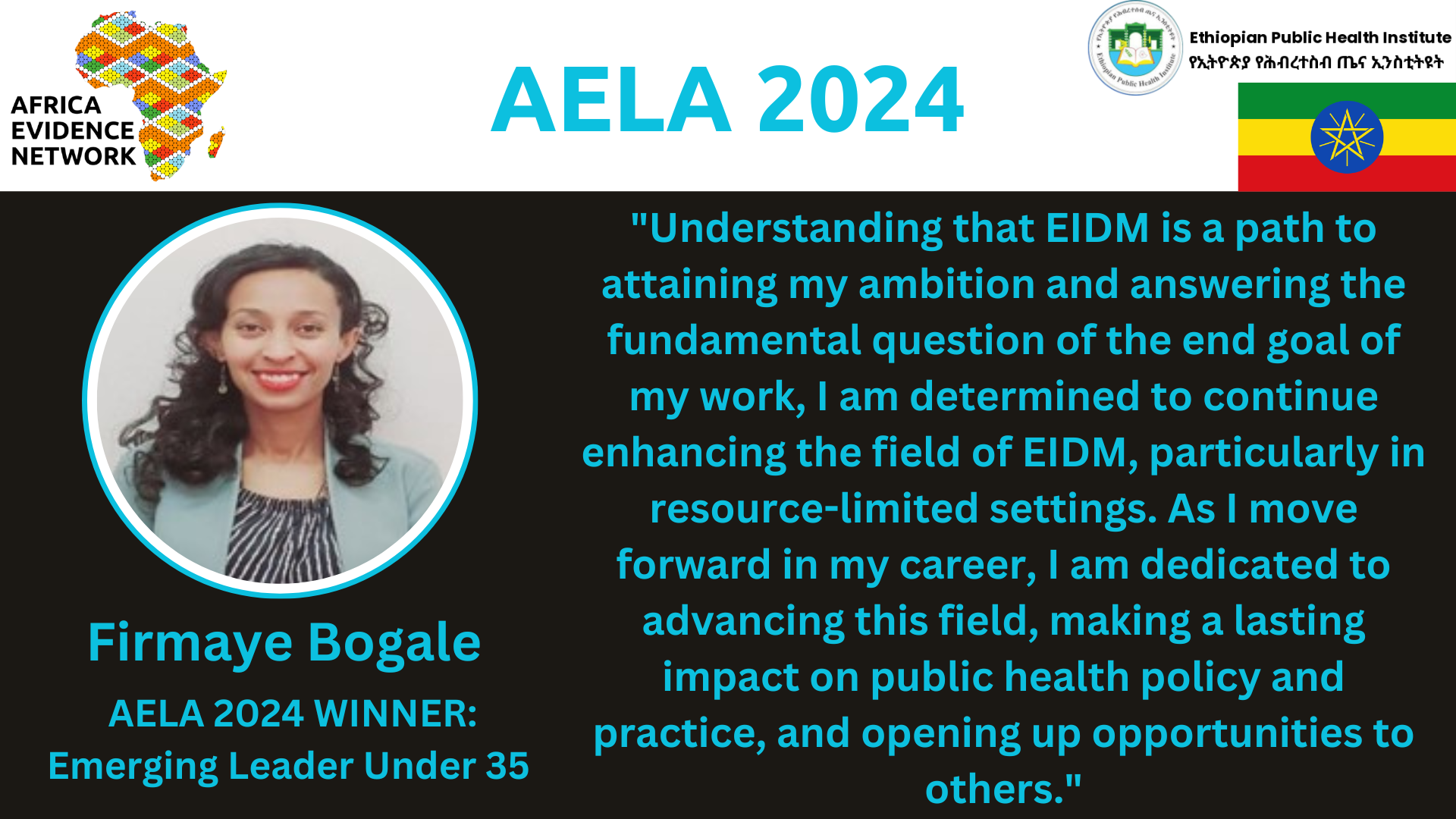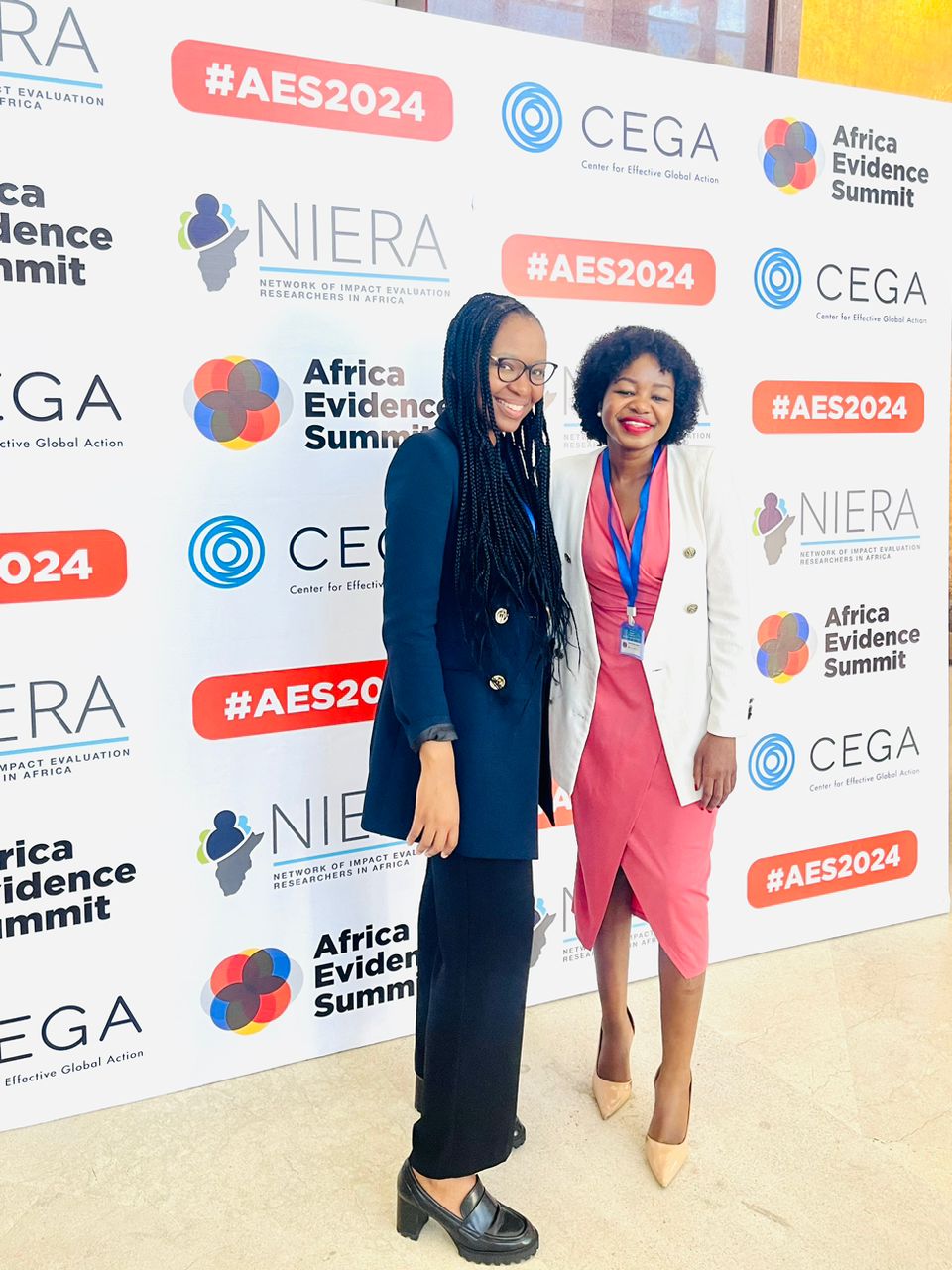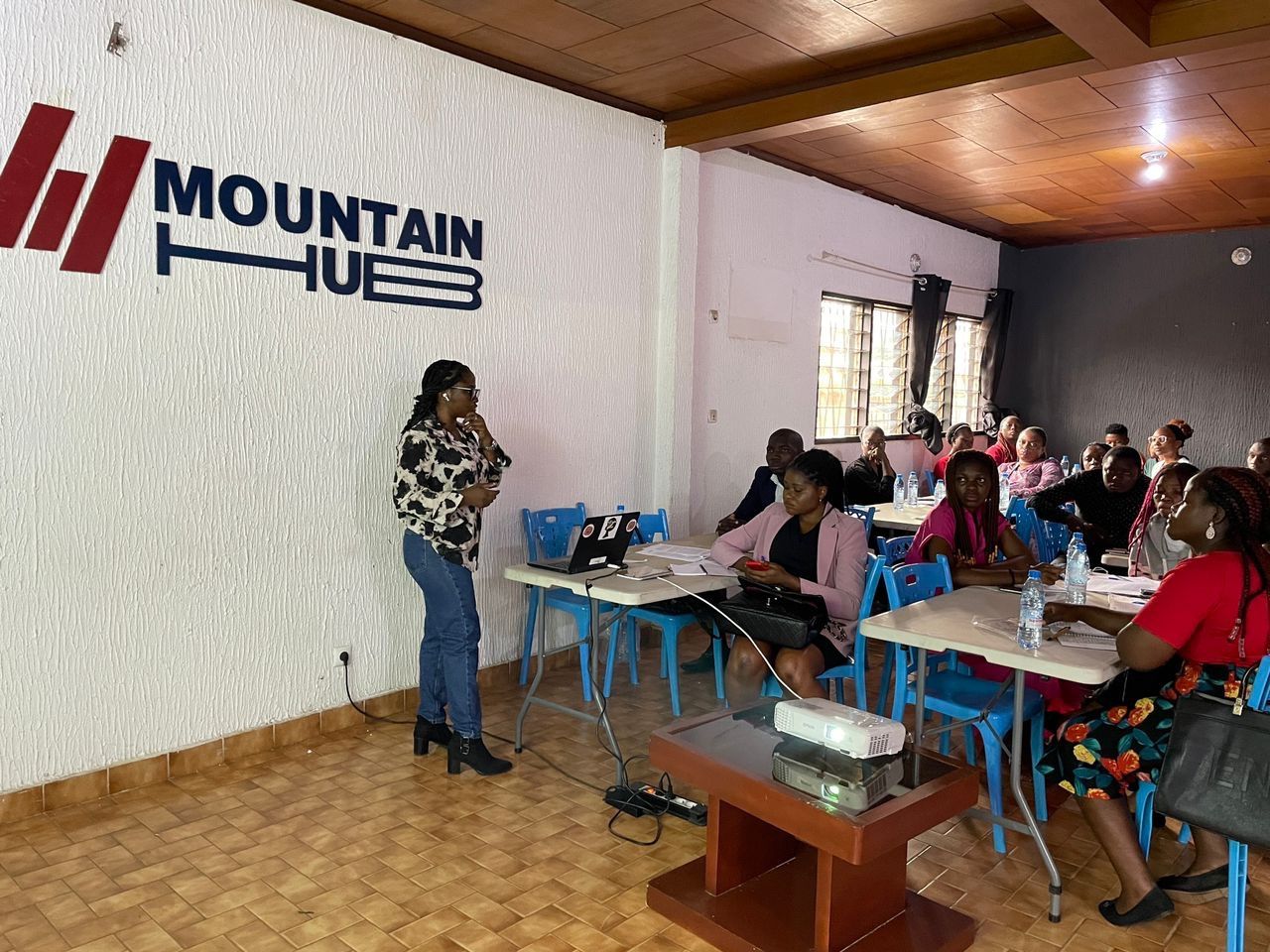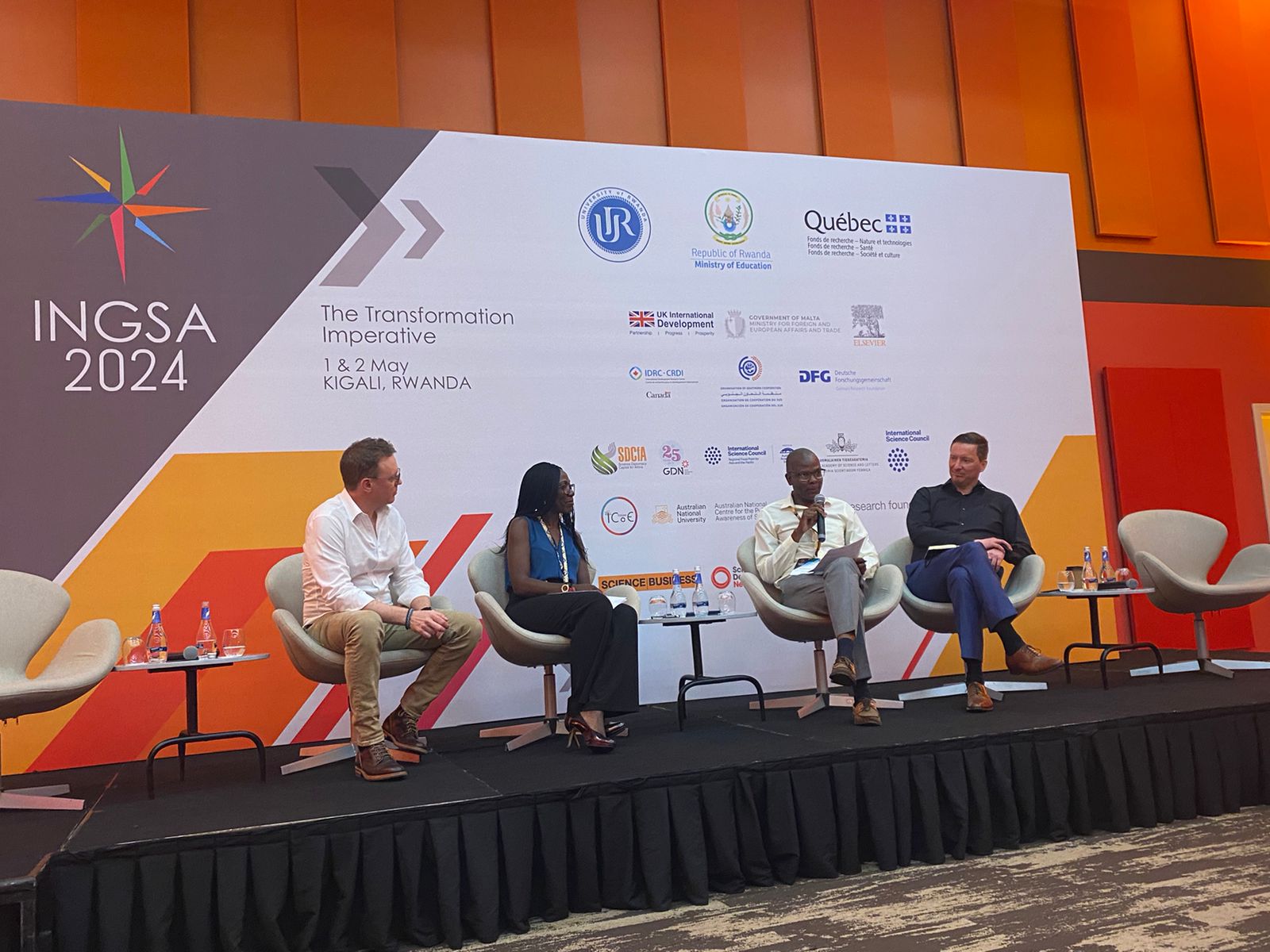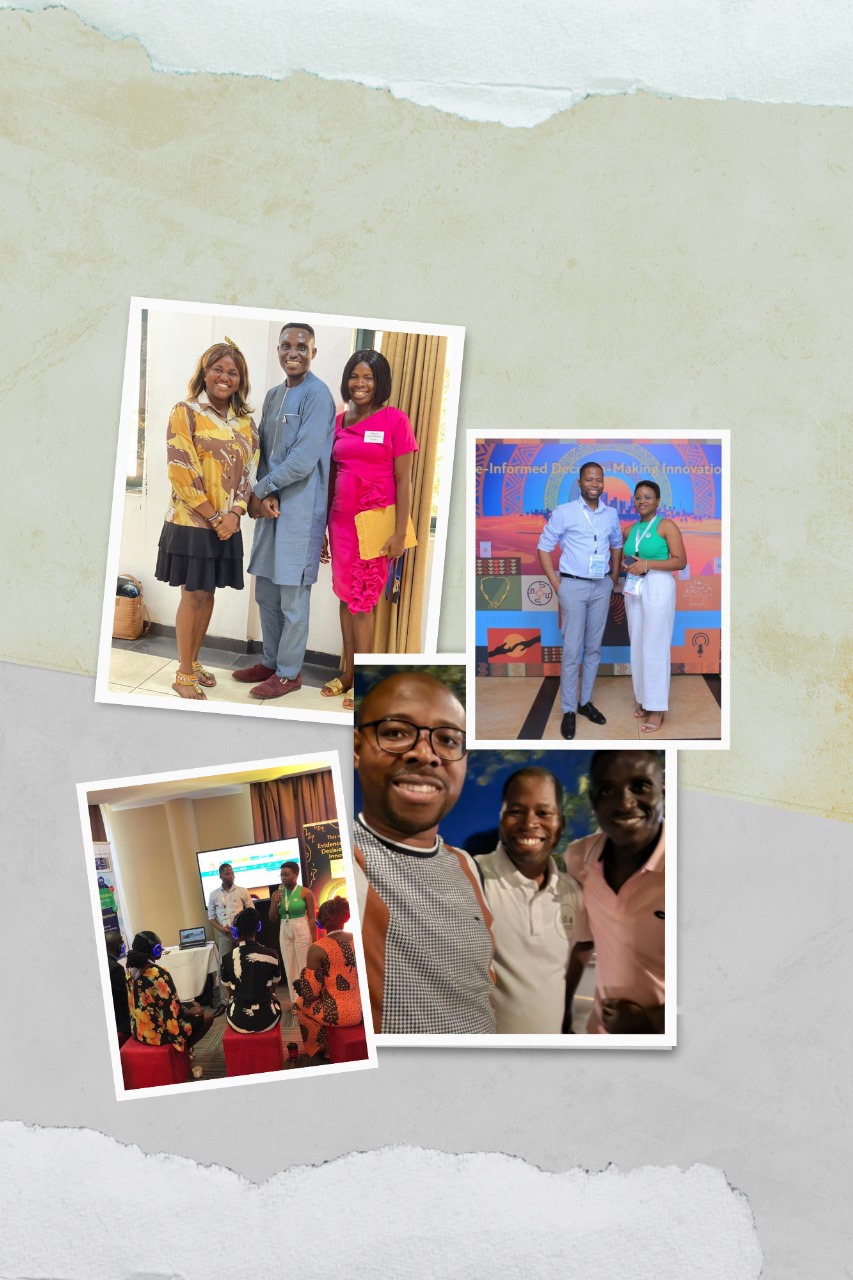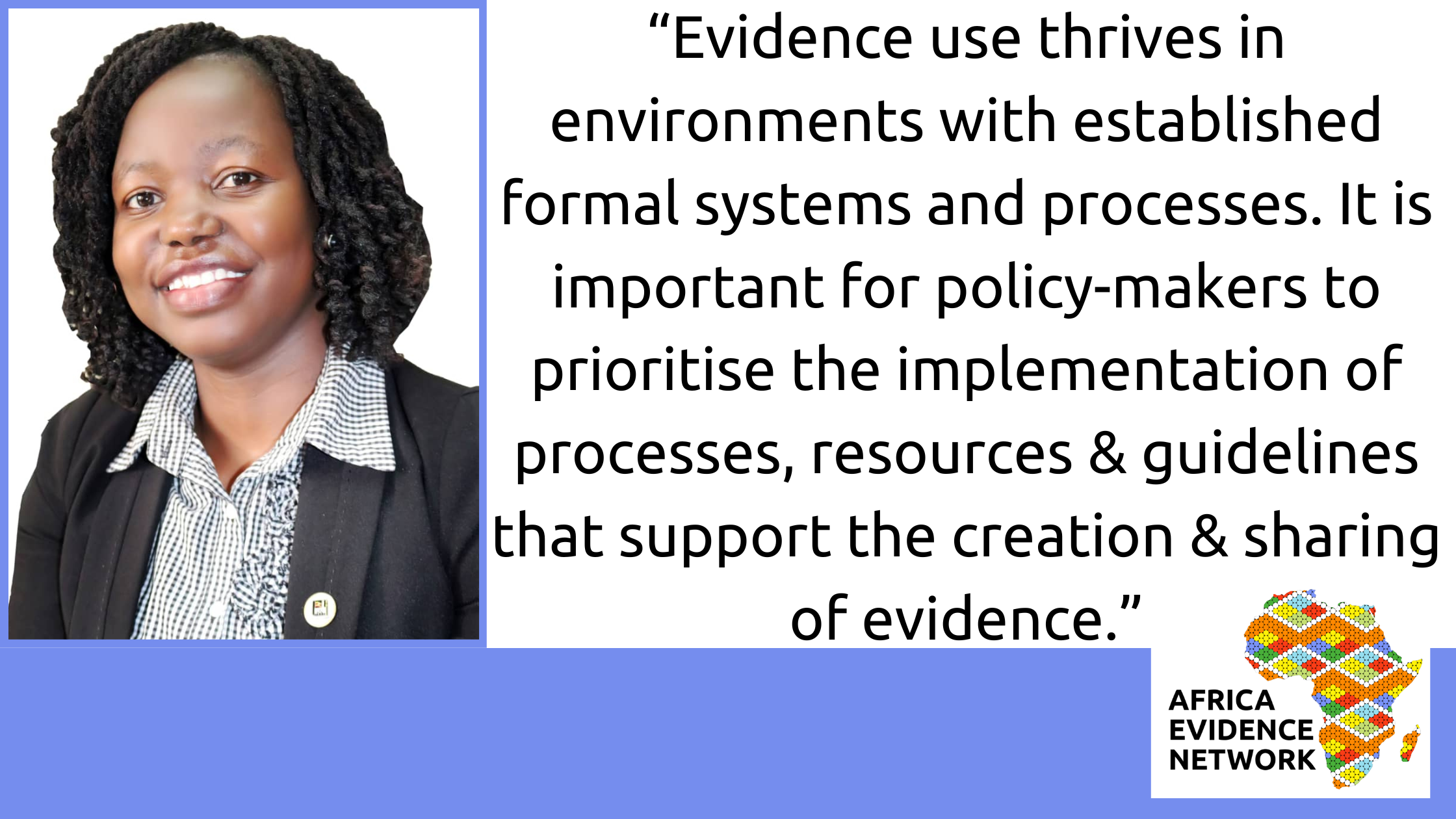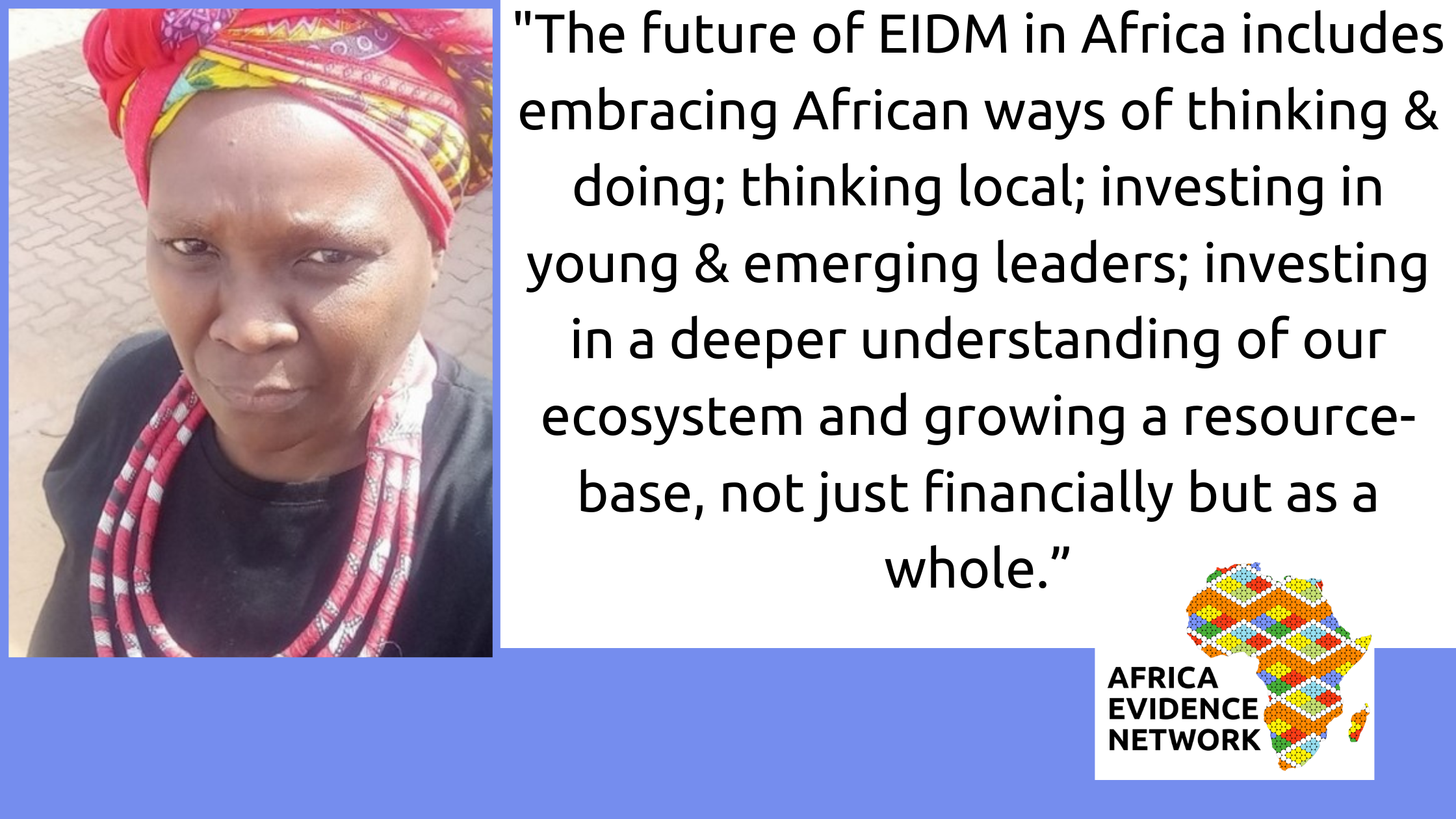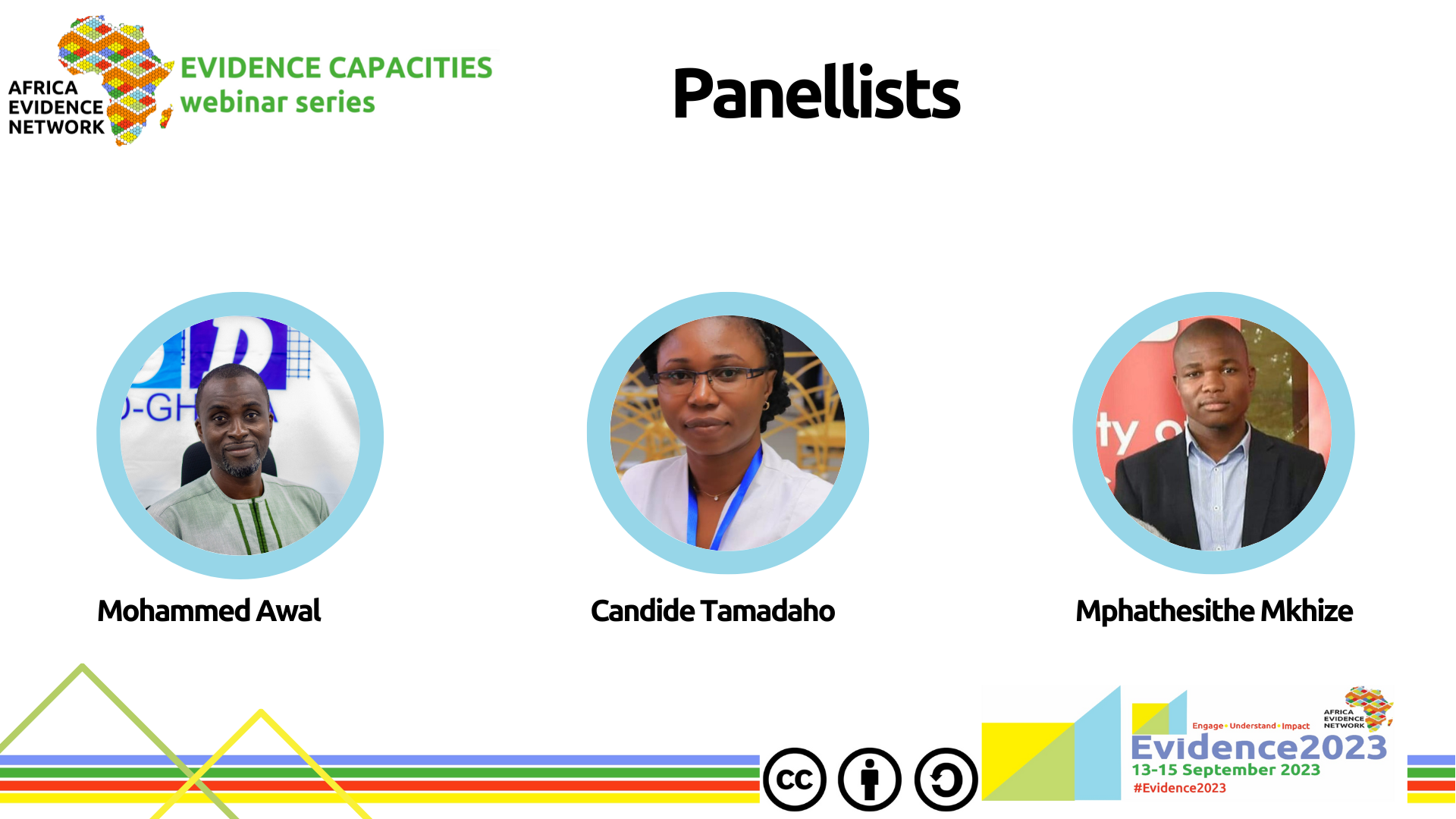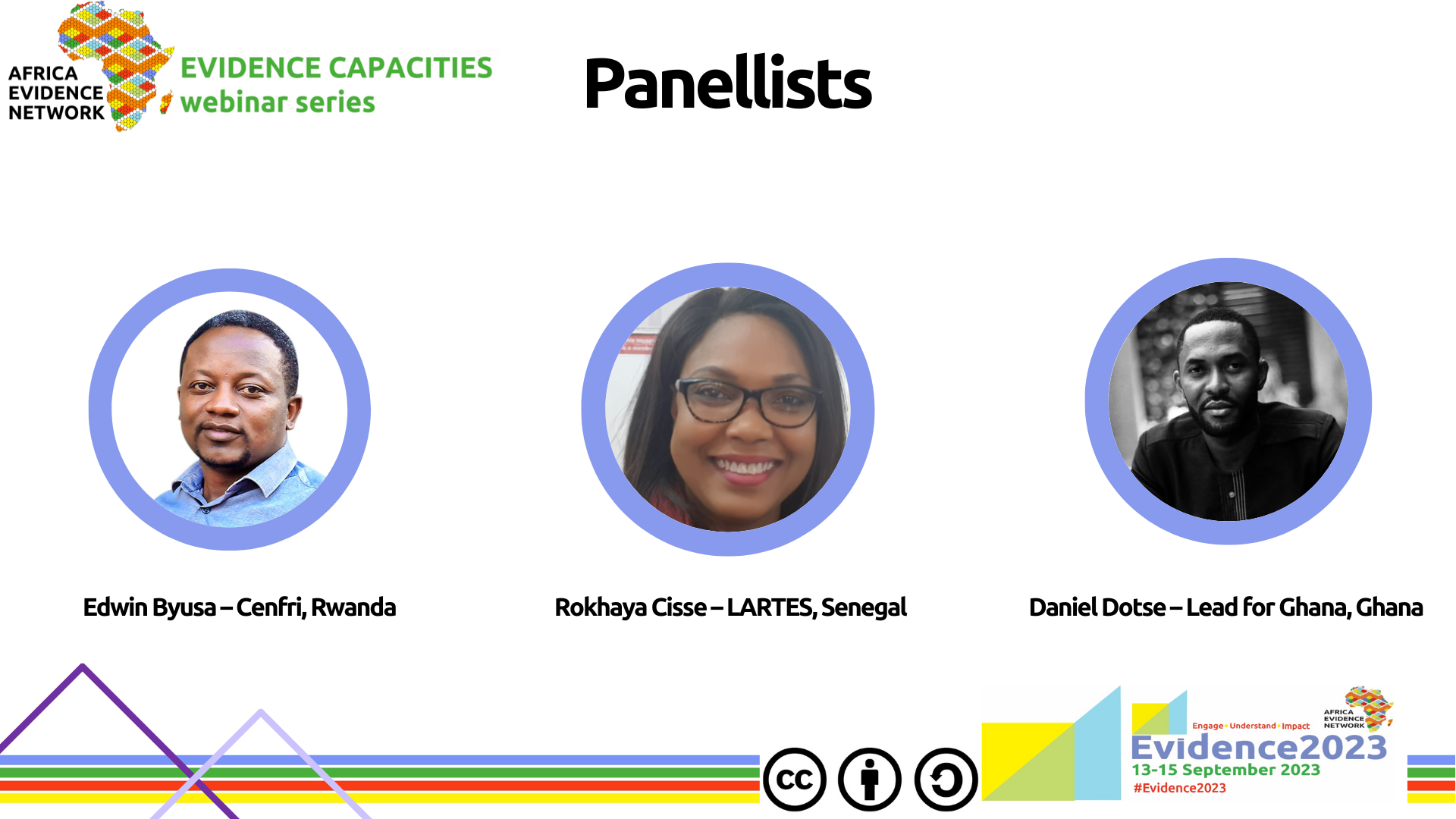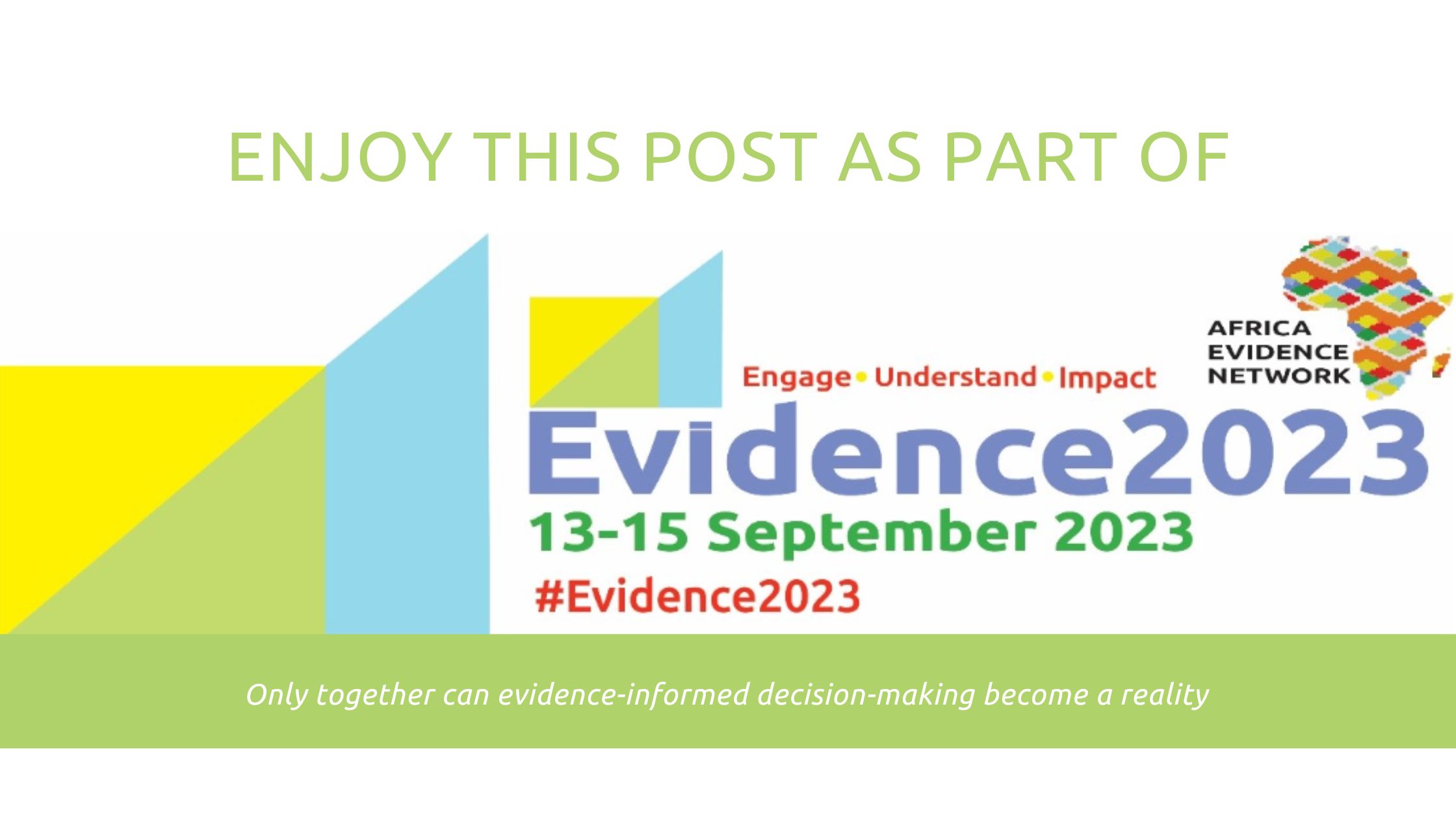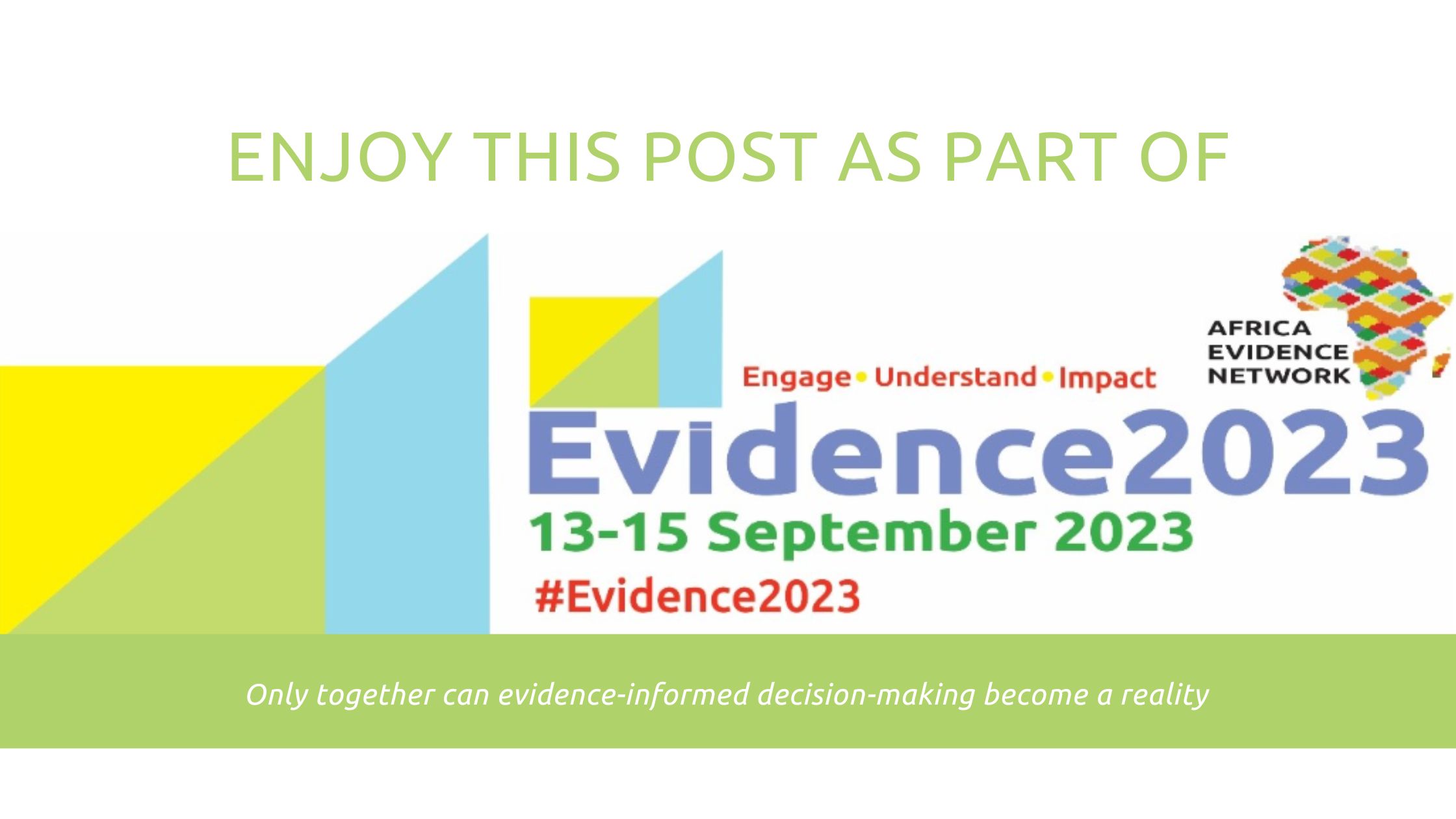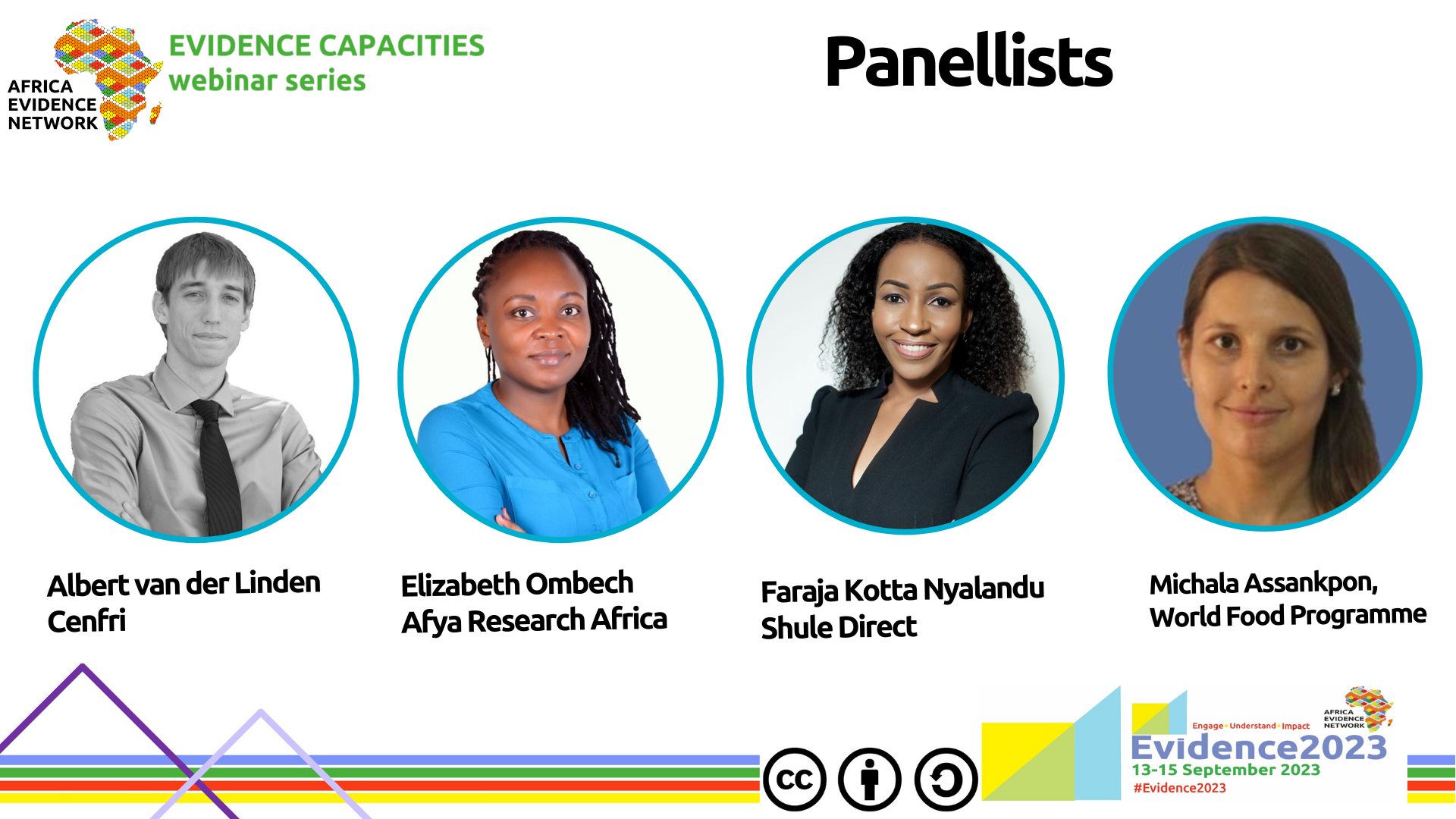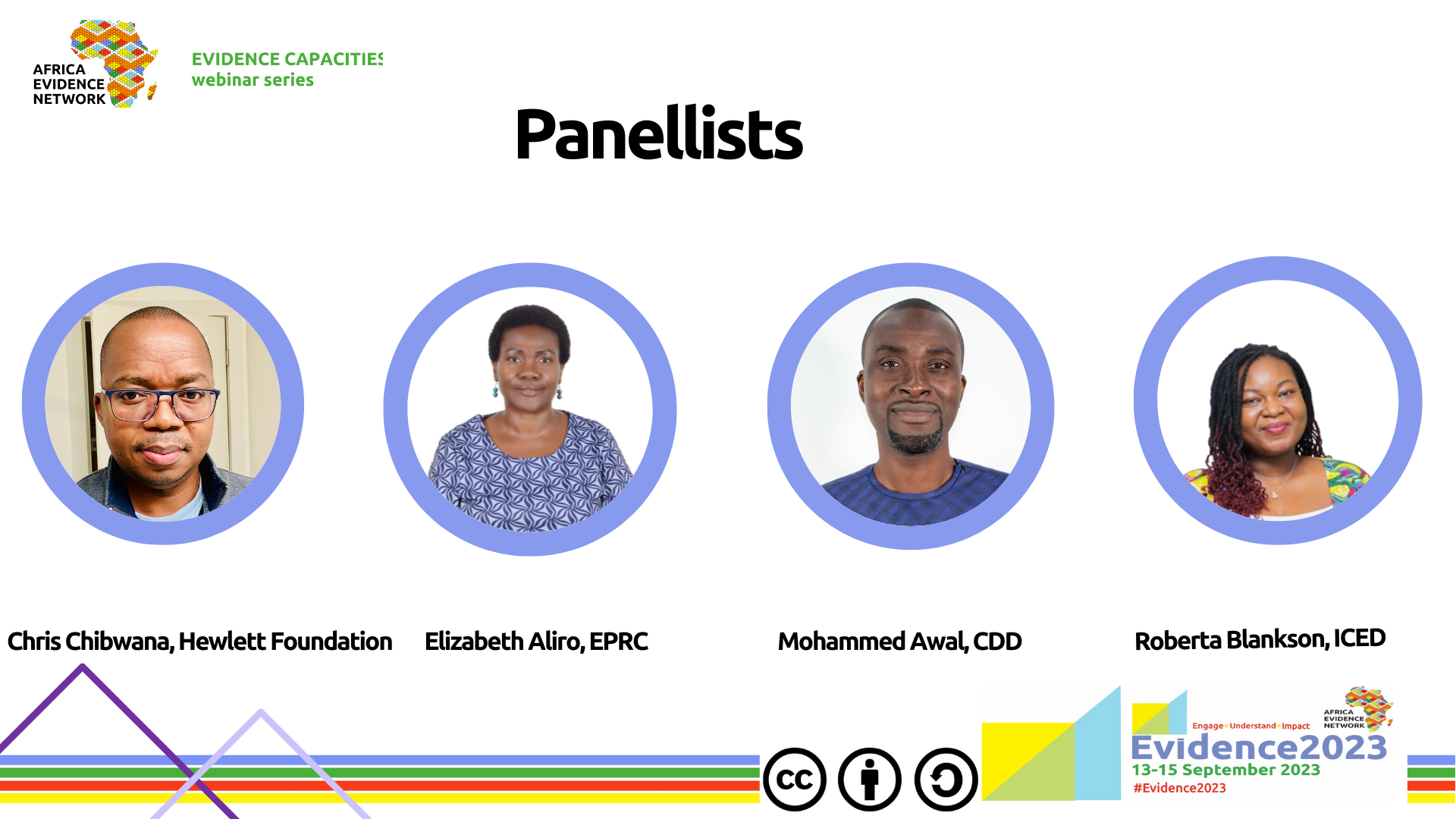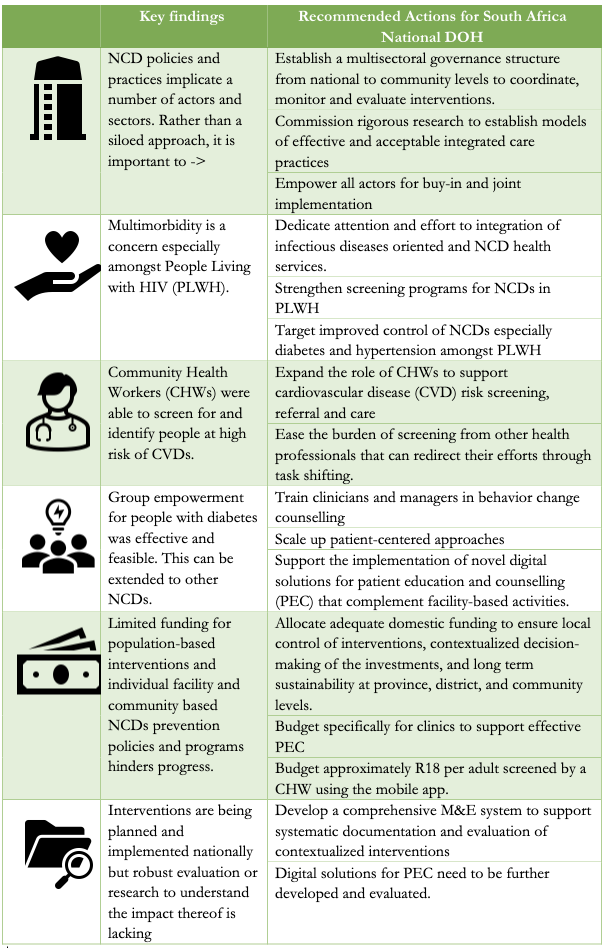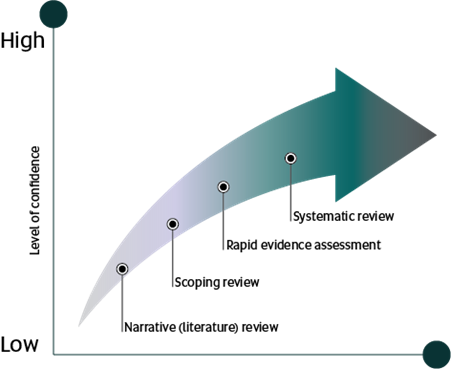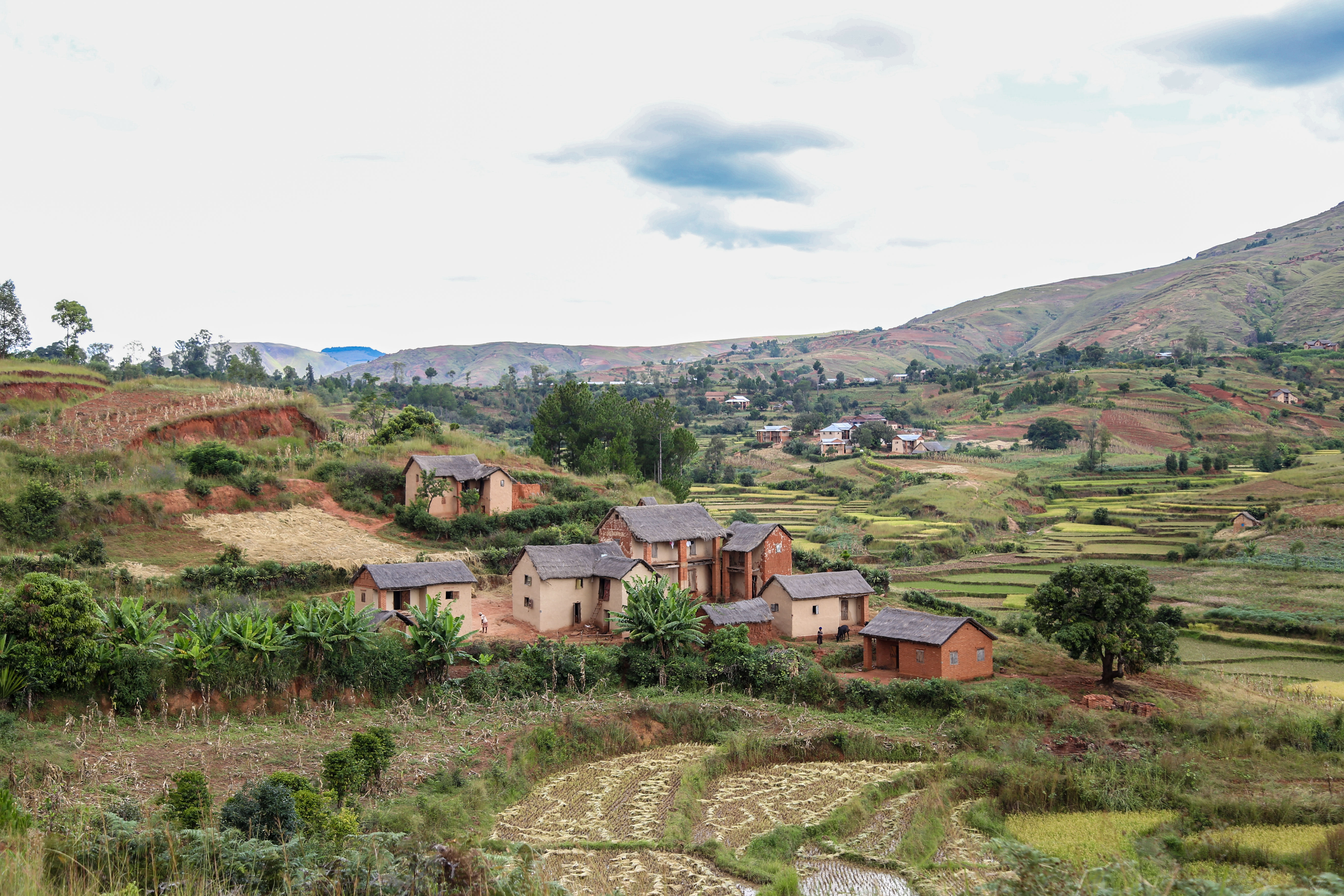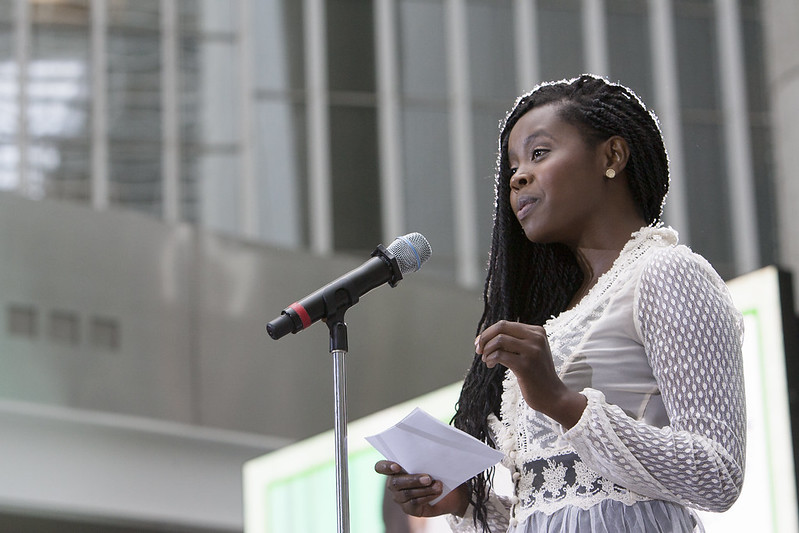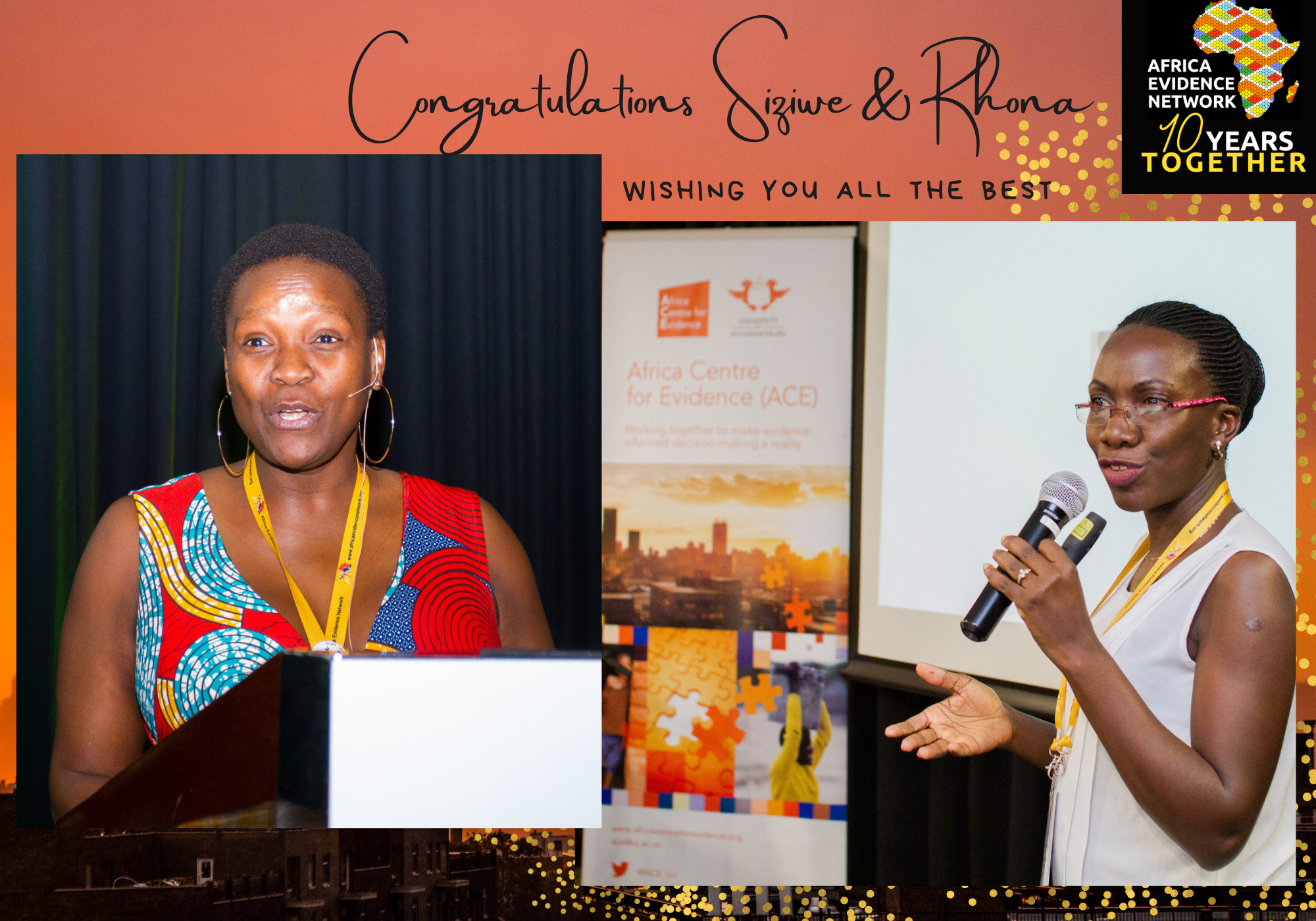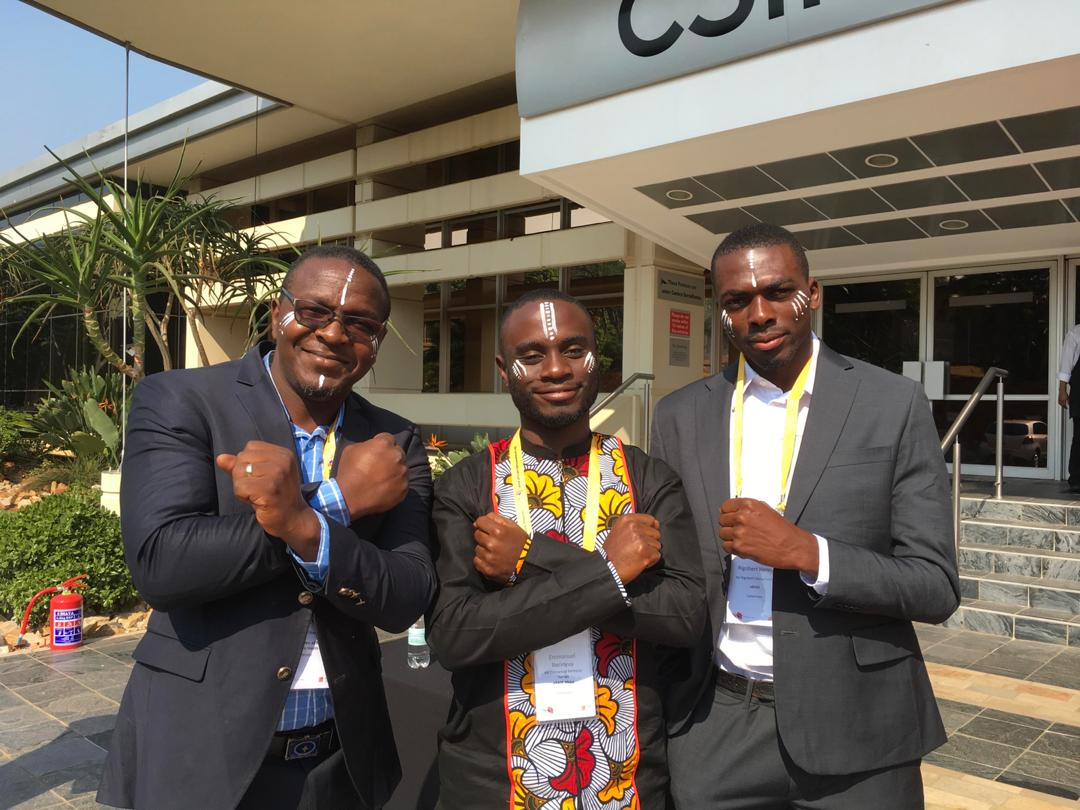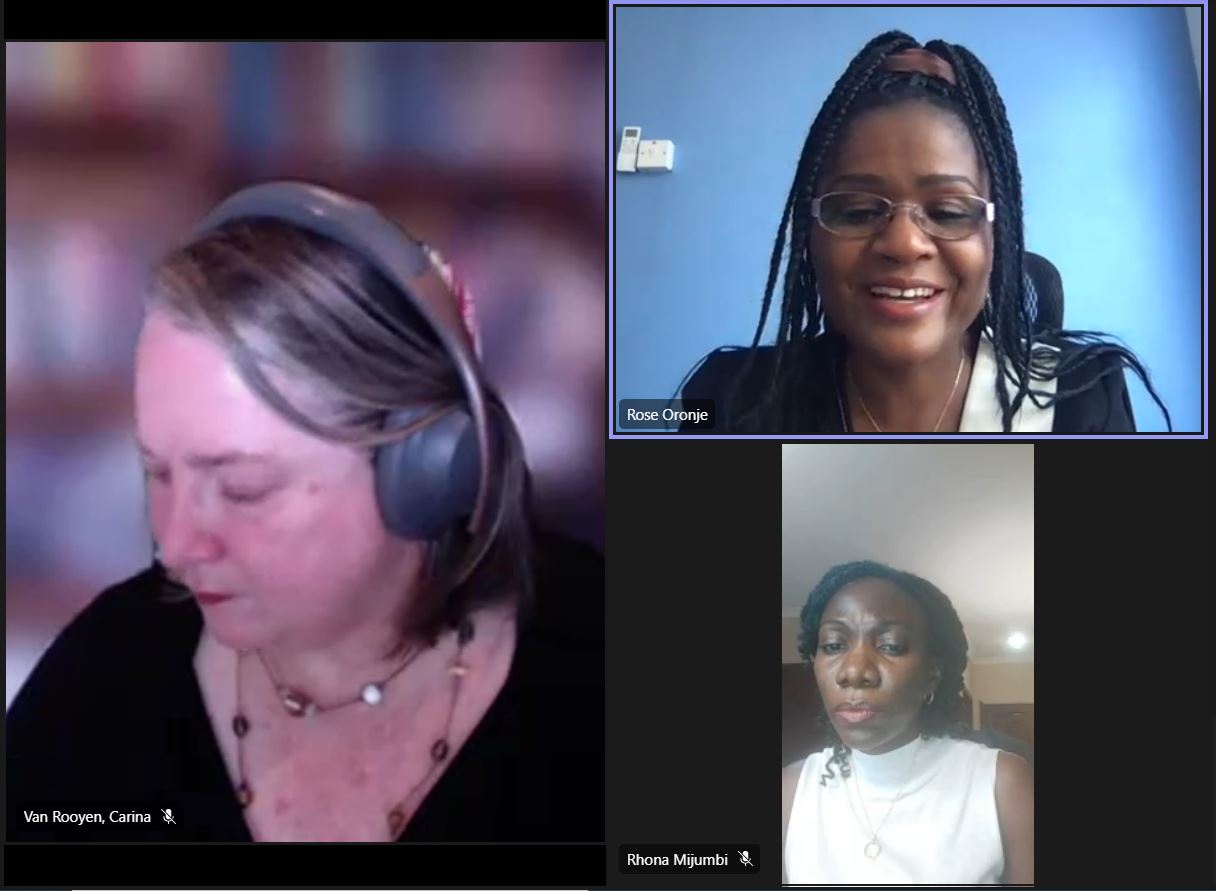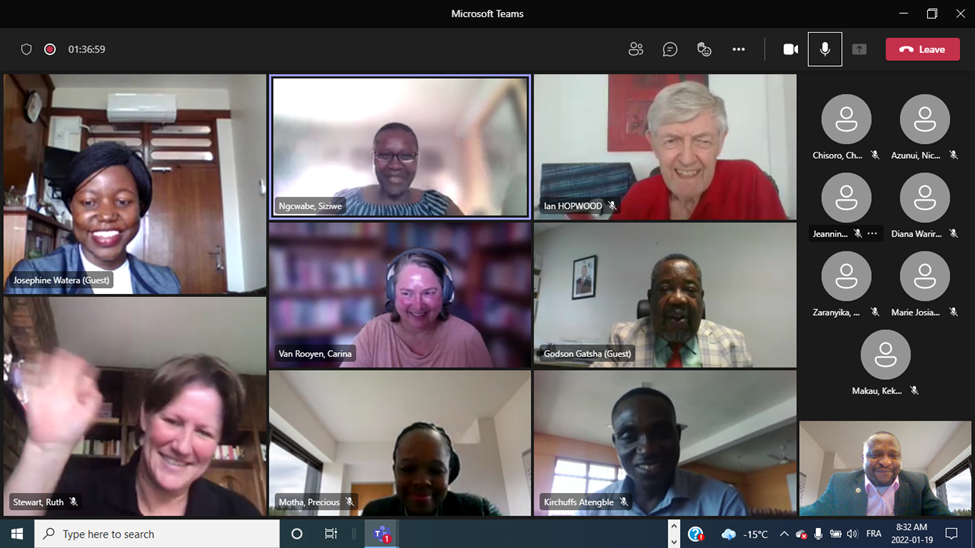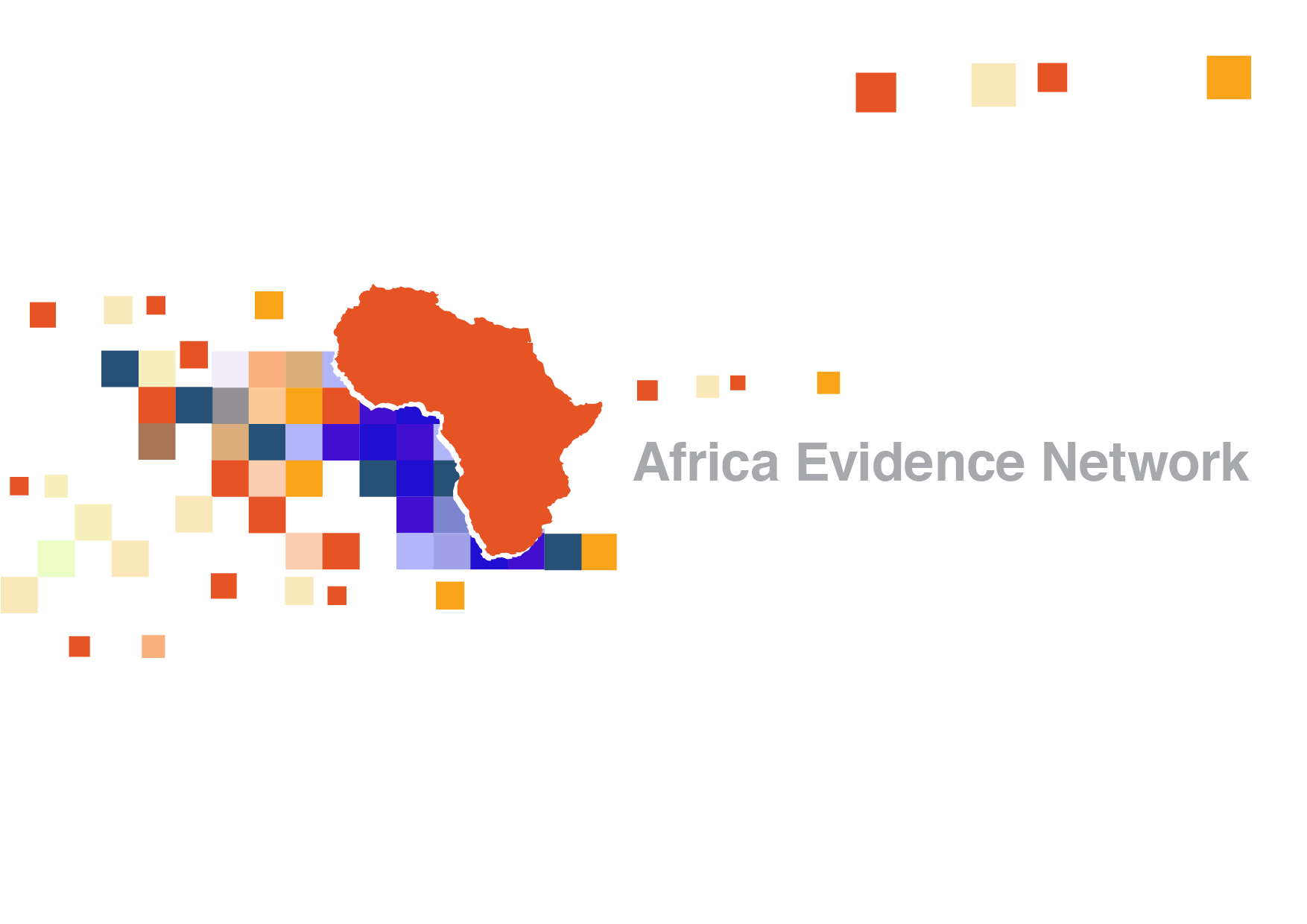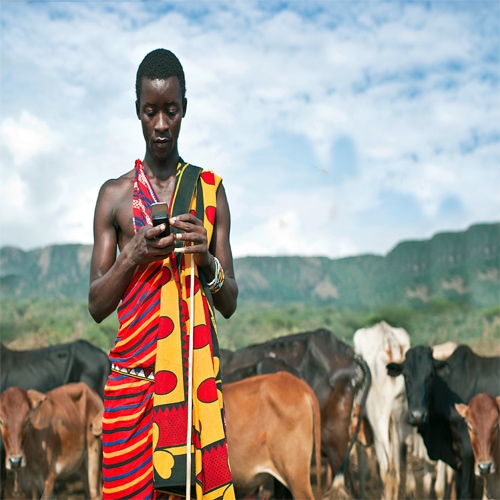
Masai herder
Photo credit: Deloitte
- If the elders leave you a legacy of dignified language, you do not abandon it and speak childish language. ~ Ghanaian Proverb
- Where you will sit when you are old shows where you stood in youth. ~ Yoruba Proverb
Critically observing, I’m sure anyone can glean the obvious prejudice against the youth in the African proverbs above. It’s almost truism in African consciousness that legacies are left by wise old folks, but this blog piece seeks to challenge that view, at least within the Evidence-Informed Decision Making (EIDM) field. I share some personal reflections of how futuristic legacy thinking is possible within the field, but most importantly among young folks of the continent.
In March this year, I gallantly retired at age 35 from the Executive Director role of the pan-African capacity development think tank that I founded in 2017, having instituted the necessary transitional mechanisms for corporate sustainability. But a question that guides this reflective piece is: ‘how did we get there?’ Informed by my handing-over address, I contemplate how a young amateur practitioner, with little-to-no corporate experience could venture into the professional domain of EIDM, defying the obstacles that came with such venture in a resource-constrained setting.
Personalising the agenda
I recalled just how much time it took for the Board of Directors, just like myself as Founder and Executive Director, to clarify the concept, sharpen its targets, develop mechanisms, and curve a corporate identity. I shared how PACKS Africa became a proof-of-concept to me, inspired by a personal conviction that given the necessary opportunities, young people of the continent can take responsibility for their own vision of their society. Likewise, I quizzed whether or not young people are willing to pay the price for such a venture.
Youth agency for development
Across civilisations, young people have served as viable agents of development. While their abundant energies fuelled agriculture, mining, construction and many physically demanding socioeconomic projects, they have equally been pivotal in highly risky ventures like sports or even military expeditions. More importantly, young people in this century have access to knowledge resources that makes them potentially more relevant to society than previous generations. On an allegoric note, an AI-powered bot make this resounding observation.
But how equipped is the young person today: psychologically, intellectually, socially, economically and politically? Why are there many outstanding developmental issues in African societies for instance, when it is basted with youthful energies?
Our Corporate Evidence Leaders Mentorship Programme
My audience were therefore drawn to our Corporate Evidence Leaders Mentorship Programme (CEL-MP), which seeks to breed similar revolutionary thought leaders for EIDM practice. Started in 2021, this capacity development opportunity uses decolonised methods, tools and practices to groom young leaders for 12-24 months.
I shared how the programme, in its second cohort, has moved from 1 to 5 mentees, with a purposively envisaged exit strategy. Attention was equally drawn to the disproportionate representation of gender and other identities, which is an inherent inequality in the larger development sector.
Addressing such challenges will require an all-hands-on-deck approach, hence stakeholders were invited to take this path of legacy-thinking to address constraints within the practice, instead of short-termism, extreme politicking and hegemonic quests.
Legacy thinking: a highly rewarding venture for young people
Contrary to popular 21st century quick-win schemes, I assured young people of rewarding effects of legacy thinking for development practice. I disclosed my transition from being an unemployed amateur in 2017 to becoming a regional ambassador for EIDM on the continent today. With advanced techno-intellectual competencies, I am co-chairing the biggest regional event in our field in Uganda (Evidence 2023). I helped the audience envision other professional consultancy benefits that could accrue from this feat.
On the organisational side, my tenure saw income for our ‘not-for-profit’ organisation increase to 4-folds by the fifth year, even without core funding nor grants. As thought-leaders in this field, our research informed design and implementation of partner projects, organisational (re)design of others, and governmental strategy during the pandemic, with corporate footprints in Ethiopia, Ghana, Kenya, Togo, South Africa, and this year, the UK.
This should be a noteworthy pathway to self-actualisation among young people. But there is a price to pay. Question is: who pays the price? Young people through their personal sacrifices, or ‘supportive’ institutional agencies that are to pay-forward?
Gleams of hope
Our new Executive Director at PACKS Africa, being the first beneficiary of CEL-MP, female and Malawian, aims to advance pan-Africanist orientations of the organisation. To wit, she seeks to leverage corporate resources to advance evidence-use across decision processes around the continent.
Leadership does not depend on age. ~ Namibian Proverb
This last African proverb presents an optimistic view of opportunities for youth leadership on the continent. Aside the plethora of mostly externally-designed initiatives for youth development on the continent, there are other under 35 success stories that inspire hope across professional domains.
For targeting this demography in our EIDM space, I’ll acknowledge YALI, EPL, Young and Emerging Evaluator (YEE) programme of the African Evaluation Association (AfrEA), among others.
But my ultimate desire is to see more locally-designed initiatives that provide opportunities for young people to hone their unique competencies for development impact. There are discussions to provide bursaries in support of young participants of Evidence 2023, for instance. But truly, there’s more that needs to be done.
About the author: Kirchuffs Atengble is former Executive Director of PACKS Africa, a youth-led Pan-African think tank operating to improve uptake of research and other forms of evidence in policy processes and practice. Individual and institutional-level capacity development has been a core focus in his line of work, particularly through diagnostics of information systems and knowledge management. He has over 10 years of experience within the field of evidence-to-policy, playing various roles at local, national and regional levels of collaboration to enhance opportunities for interventions that ultimately target human development. While providing strategic leadership to PACKS, he also leads on specific initiatives, aiming to nurture a really influential organisation for evidence-informed policies. His strategic position within the EIDM fraternity has earned him various appointments, including Research Associate at the University of Johannesburg, Visiting faculty at the University of Southampton, and Advisory Group member of the Africa Evidence Network (AEN). He may be reached via email at k.atengble@packs-africa.org. Get in touch with him on Twitter or @PACKS_Africa.
Disclaimer: The views expressed in published blog posts, as well as any errors or omissions, are the sole responsibility of the author/s and do not represent the views of the Africa Evidence Network, its secretariat, advisory or reference groups, or its funders; nor does it imply endorsement by the afore-mentioned parties.
